Shows
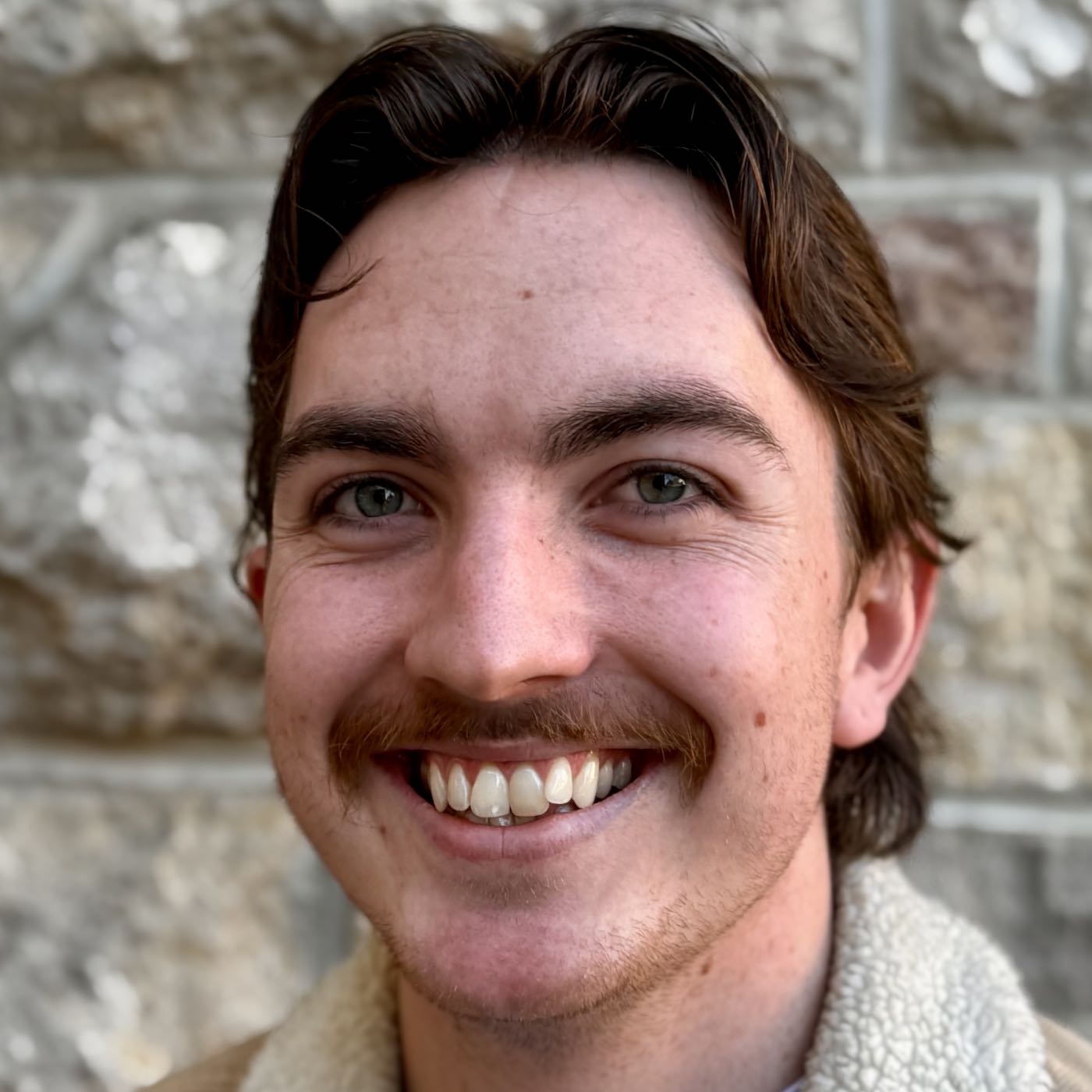
Researchers Under the ScopeCross-Linked Clues: Jack Walther on Depression and Alzheimer's As a student, Jack Walther's friends often came to him when they needed a listening ear, or help with relationship struggles. This summer, Walther took his fascination with the brain and mood disorders to Dr. Darrell Mousseau's psychiatry laboratory, learning to untangle some of the tiny molecular threads that might explain why depression so often shows up alongside dementia. Walther and the research team dug into the physical interactions between serotonin and the beta amyloid peptides that build up in patients with Alzheimer's disease. . He admits going from the classroom to the laboratory...
2025-12-0114 min
Researchers Under the ScopeEEEV-ident Passion: Eve Simpson on Doubt, Persistence and Viral SpreadEve Simpson knows from experience scientific research doesn't always follow a linear path. In the first of three student research episodes, the fourth-year biochemistry, microbiology and immunology student looks back at a summer spent decoding Eastern Equine Encephalitis Virus (EEEV) in Dr. Anil Kumar's lab. Simpson said she loved doing bench research, but felt frustrated in the moments where she hit setbacks and moments of doubt. "I felt like I was letting everyone down," she said. "But everyone I spoke to said they'd been through that. It's part of being a researcher. That's...
2025-11-1618 min
Researchers Under the ScopeThat's So Metal: Dr. Jessica Sheldon Targets Acinetobacter BaumanniiJessica Sheldon (PhD) is on a mission to starve out Acinetobacter baumannii —one of the world's most virulent hospital-borne pathogens. Notorious for its speedy evolution and multi-drug resistance, the hospital-borne bacteria lingers on dry surfaces and infects critically-ill patients, leading to sepsis, pneumonia and high mortality rates. In this episode, Sheldon delves into the real-life events that drove her to investigate histamine, and its role in bacterial survival and immune response. In 2022, Sheldon joined the University of Saskatchewan's College of Medicine as an assistant professor of Biochemistry, Microbiology & Immunology -- something she now la...
2025-09-2818 min
Researchers Under the ScopeFluid Endeavour: Kirk Haan's Medical Balancing Act Kirk Haan graduated from high school, thinking he'd study pharmacy at the University of Saskatchewan, and walk out five years later. After one summer at a pharmacy, Haan realized he was after a more 'hands-on' career in medicine. "I've kind of worked with my hands my whole life, just between rummaging around on a farm and always kind of building things," he said. "Now it's using them to help people in a direct way." Then, Haan found his passion — inside the laboratory. In 2018, Haan landed a summer position in Dr. Tho...
2025-08-2925 min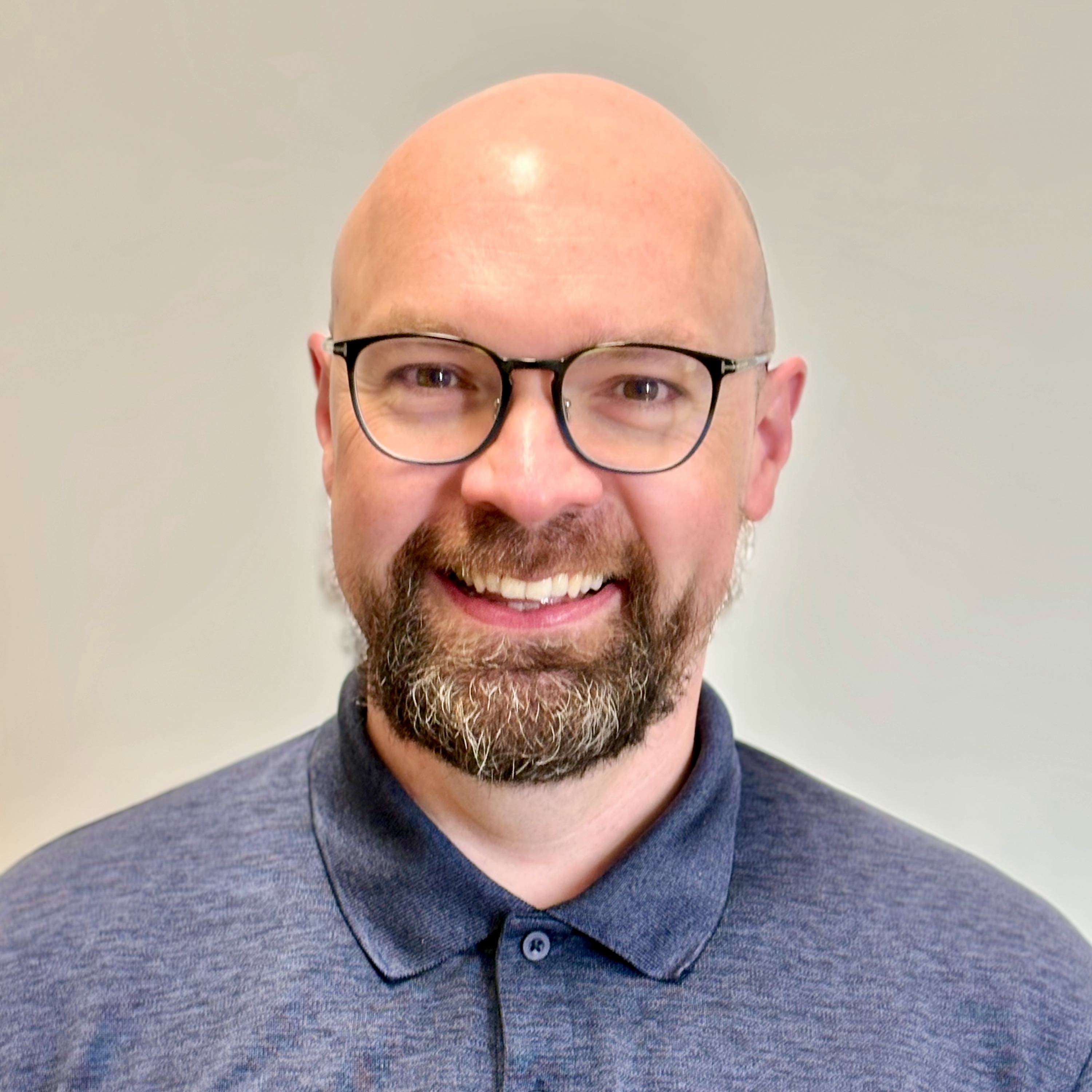
Researchers Under the ScopeDr. Sébastien Gauvrit: Fishing for Answers in Vascular DevelopmentSébastien Gauvrit (PhD) was only ten when his family let him have his first tank of guppies. Within weeks, he was hooked. "I actually had to understand genetics directly by mixing these different fish together to get the colour or fin shape I was interested in," said the vascular biologist and genetic modelling pioneer. From his home in France, to post-doctoral work pioneering new models for vascular disease in Germany, to his current position as an assistant professor of Anatomy, Physiology and Pharmacology at the University of Saskatchewan's College of Medicine — tropical fish tanks rema...
2025-07-3025 min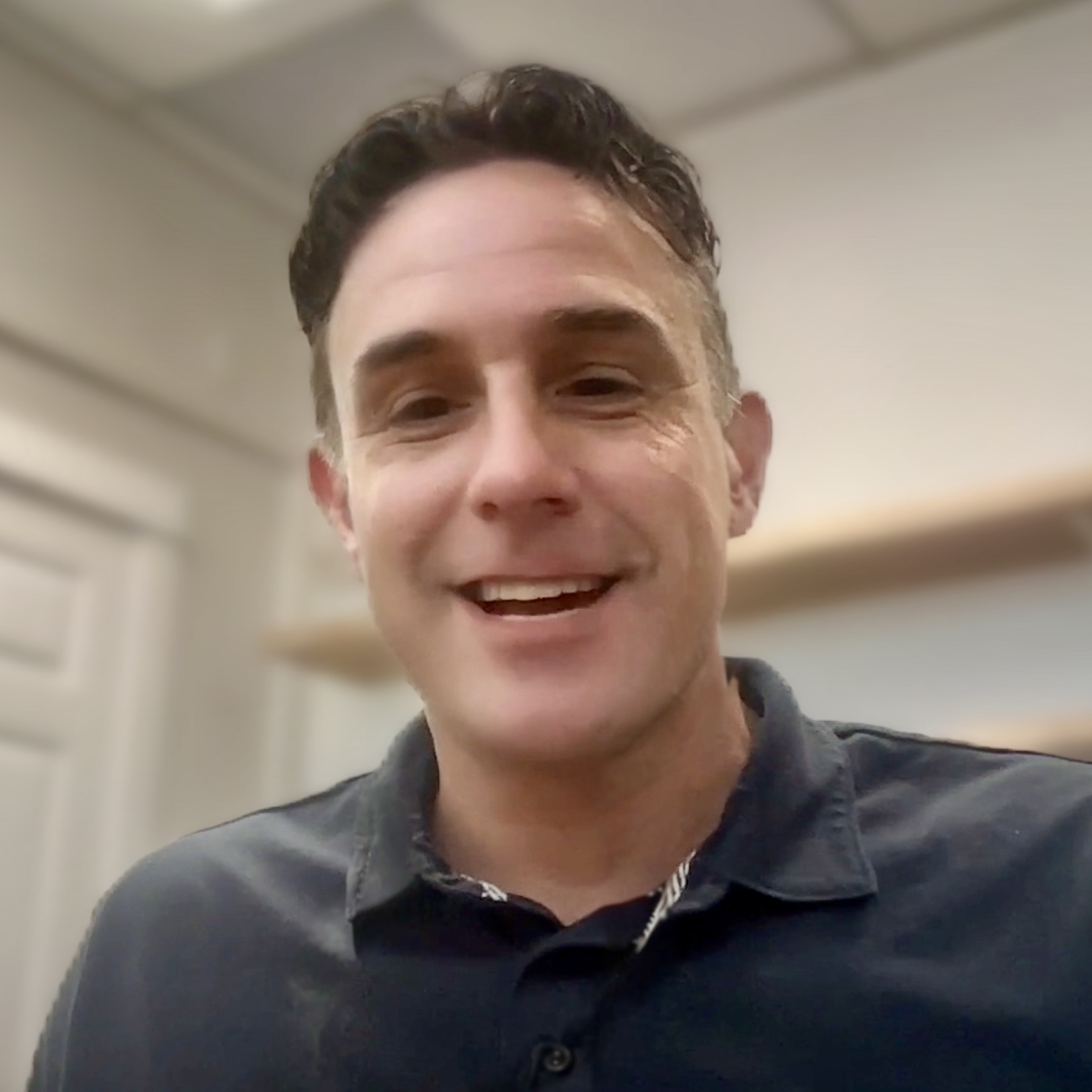
Researchers Under the ScopeDr. Stu Skinner & Mobile Medicine: Halting Syphilis & HIVStuart Skinner (MD) knew something was wrong three years ago, when patients started coming to him with vision loss, fever, rashes, and meningitis. Almost every case could be traced back to untreated syphilis — a sexually transmitted infection with caseloads exploding 1,200 per cent from 2017. Saskatchewan saw this spike just as Covid-19 entered the picture. "With the pandemic, testing dropped dramatically," Skinner said, noting this wave of syphilis entered north-western Saskatchewan from Alberta, often travelling alongside HIV. Syphilis often spreads through sores, and can remain unnoticed for months or years on end, making early detection difficult.
2025-06-2631 min
Researchers Under the ScopePeptide Puzzle: Dr. Yi-Chun Chen on Early Markers for Diabetes and ObesityYi-Chun Chen (PhD) is taking a close-up look at some of the body's hardest-working cells — the ones often processing an overabundance of modern-day food and nutrients. "From an evolutionary point of view, our cells are not designed to deal with that," said Chen, who joined the department of Anatomy, Physiology, and Pharmacology at the University of Saskatchewan last year as an assistant professor. She said our bodies are pushed into churning out large amounts of insulin rapidly after snacks and meals, "which makes the beta cells work extra hard." Raised in Taiwan and in...
2025-05-2026 min
Researchers Under the ScopeIn the Trenches: Dr. James Stempien on Emergency MedicineJames Stempien (MD) has navigated some of the most challenging corners of emergency medicine, from the frigid isolation of Inuvik to the bustling corridors of Saskatoon's emergency departments. His experience in low-tech outposts has shaped his approach to modern emergency care. "When things aren't going well you see it in the emergency department first," Stempien said. "We're the front door. We're always open." As provincial department head of emergency medicine, Stempien sees patients on their worst days in hospitals bursting at the seams, struggling to keep pace with Saskatchewan's growing population....
2025-04-3029 min
Researchers Under the ScopeAll's Not Lost: A Roadmap to Treating Hepatitis C on the PrairiesAs the world aims to eradicate hepatitis C (HCV) by 2030, Carrielynn Lund and Dr. Alexandra King's team created a how-to guide. Journeys to Wellness: Prairie Hepatitis C Roadmap is a step-by-step guide to tackling a spike of new infections across the three Canadian prairie provinces. Hepatitis C (HCV) causes severe liver disease, and was notoriously difficult to treat until the introduction of direct-acting antivirals a decade ago — antivirals which boast a remarkable 95% success rate. Despite this advancement, Lund and Dr. King say Saskatchewan, Alberta and Manitoba need to know why HCV cases keep risin...
2025-03-3130 min
The Workplace Minute from the HR Happy Hour Media NetworkHow Workplaces are Preparing for I-9 Audits and ICE RaidsThe Workplace MinuteWelcome to the Workplace Minute, brought to you by H3 HR Advisors. Your quick-hit version of the HR Happy Hour Podcast, where Steve Boese shares the latest in Human Resources, HR tech, workplace trends, and more—all in just a few minutes. Tune in and stay on top of what’s shaping the workplace today!In this episode Steve shares some key insights and recommendations for US employers concerned about increased immigration enforcement actions at the workplace, and how employers can best prepare for and navigate an ICE raid of their facility. Than...
2025-03-0704 min
Researchers Under the ScopeExercise Your Right to Breathe: Dr. Brianne Philipenko & AsthmaBrianne Philipenko (MD) was midway through her respirology fellowship in Calgary when the Covid-19 pandemic shut down the city. She started interval workouts at home using Nike's fitness app — when inspiration struck. "Coming up with a creative, innovative way to allow people to access an exercise program outside of the typical organized pulmonary rehabilitation in a gym setting was something that I became really interested in," said Philipenko.. As a respirologist, Philipenko was already frustrated by the lack of 'mainstay' guidelines on incorporating exercise into severe asthma treat...
2024-12-3018 min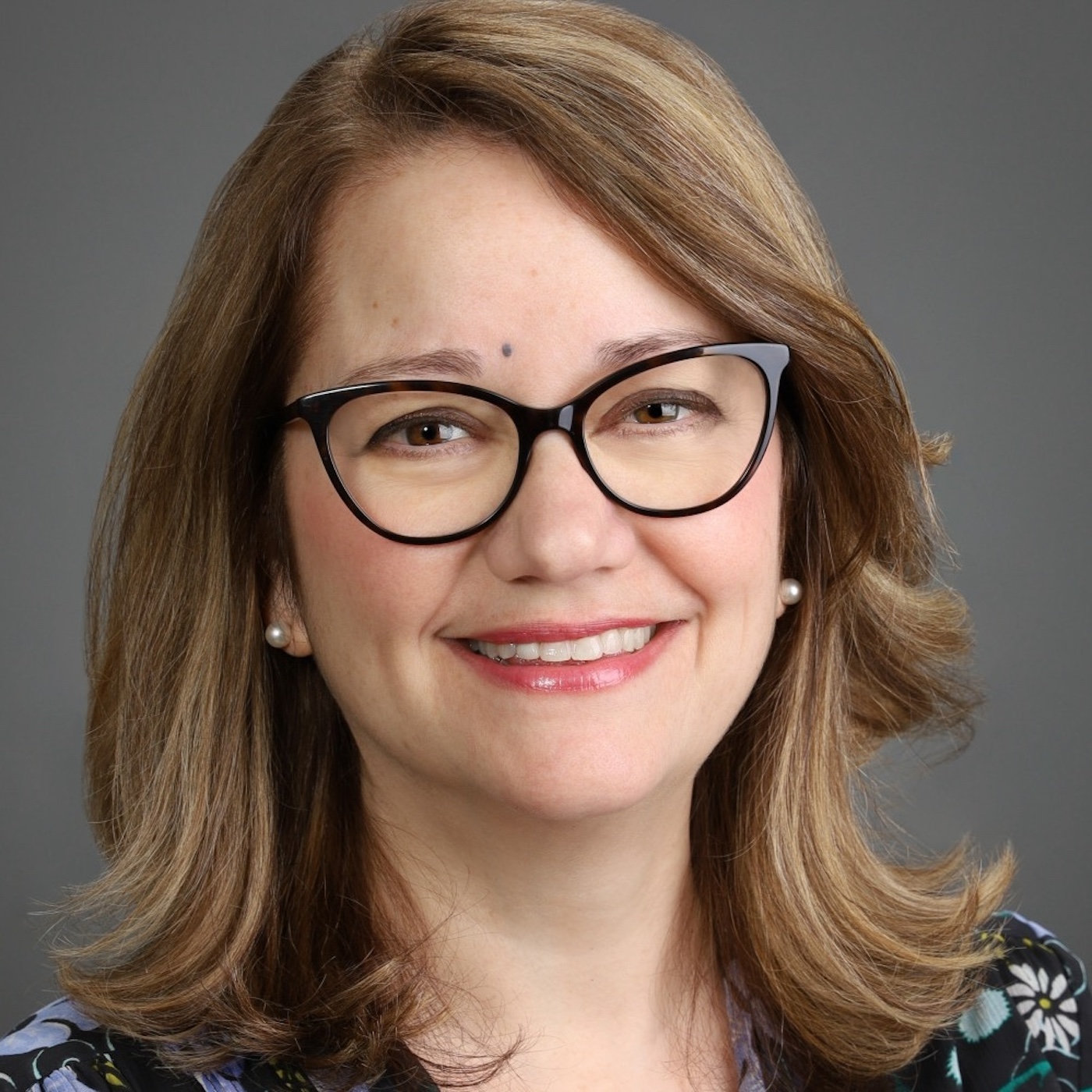
Researchers Under the ScopeDr. Sarah Forgie: Why the New Dean of Medicine Taught Herself the UkeleleIn this episode, we gain insight into Dr. Sarah Forgie, the new Dean of the College of Medicine. She discusses her innovative teaching methods, her career as a pediatric infectious disease specialist, and her vision for advancing Saskatchewan's College of Medicine. Dr. Forgie also shares the story behind her decision to learn the ukulele. Born to family physicians, Dr. Forgie grew up in Lynn Lake, Manitoba, a remote fly-in mining community. Her family later relocated to Winnipeg, where Dr. Forgie credits much of her motivation to her mother, who encouraged her to pursue both medicine...
2024-10-3127 min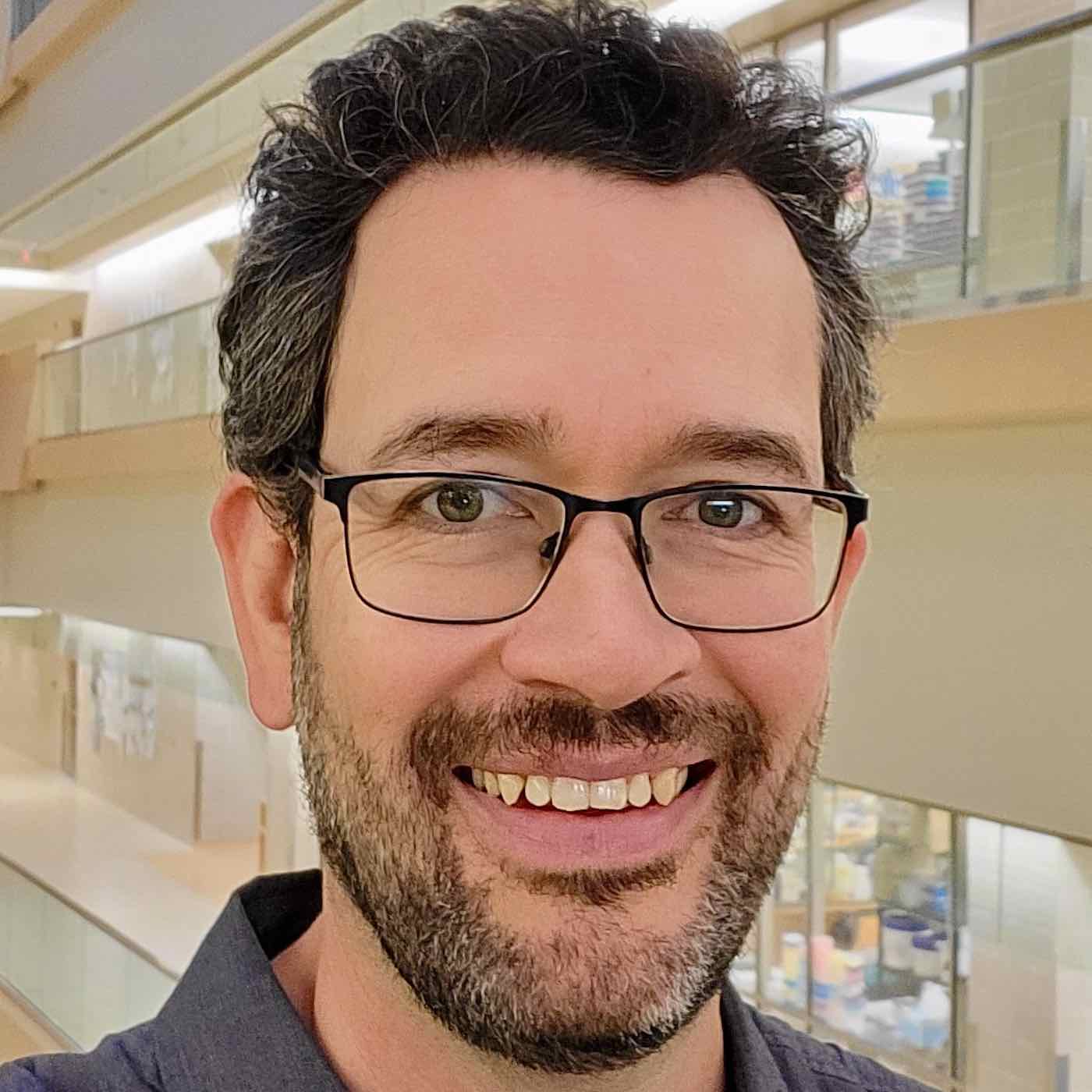
Researchers Under the ScopeGrey Area: Dr. John Howland on Cannabis & Budding BrainsA behavioural neuroscientist in Saskatoon is uncovering marijuana's effects on fetal brain development. After recently winning a five-year CIHR grant of $960,076 in the spring of 2024, Dr. John Howland's lab at the University of Saskatchewan is expanding its work examining prenatal exposure to cannabis smoke. Howland's teams will assess the way cannabis exposure alters higher brain functions like memory and learning in both rats and mice. Compared to cannabis injections in the past, the professor of Anatomy, Physiology and Pharmacology at the College of Medicine said exposing rodents to high-potency smoke for up to 15 minutes at a...
2024-09-3024 min
Researchers Under the ScopeInnovating and Bridging Gaps in IBD Care: Dr. Juan-Nicolás Peňa-SánchezGrowing up in Columbia had a profound impact on Dr. Juan-Nicolas Pẽna-Sànchez. In this episode, hear why the former family physician pivoted, becoming Saskatchewan's lead in finding the best ways to treat Crohn's disease and ulcerative colitis in rural and Indigenous patients. Even as a teenager, Juan-Nicolás Peña-Sánchez could see stark differences in health for those who had medical coverage — and those without, thanks to his stepfather, an emergency department physician. "I used to go with him sometimes on shifts to learn and shadow him," said Peña-Sánchez said...
2024-08-0624 min
Researchers Under the ScopeCuts Like a NanoKnife: Dr. Mike Moser"When I got into medical school, the last thing in the world I wanted to be was a surgeon because I couldn't stand the sight of blood," said Dr. Mike Moser. Fast-forward to the present day, where Moser is now one of Saskatchewan's top kidney transplant surgeons, winning last year's Golden Scalpel Award for Pre-clerkship Education, the 2022 Logan Boulet Humanitarian of the Year Award, and numerous teaching awards. In this episode, the professor of general surgery at the University of Saskatchewan's College of Medicine takes us back to one pivotal day where everything changed, propelling...
2024-07-0727 min
Researchers Under the ScopeWalking the Talk: Dr. Daniel Fuller on Urban Health and MobilityAs an undergrad, Daniel Fuller didn't have a car, nor was he keen on taking the bus. "I rode my bike to university every day in the fall and then just kept on going and never stopped," said Fuller, a former national and international canoe/kayak athlete. As he pedaled, Fuller watched the way people used trails, sidewalks and roads. "I really started to get into active transportation, how people move around cities and how we can get people active -- outside of the sport environment," said Fuller, now an associate professor in Community Health and Epidemiology at the University of S...
2024-06-2326 min
Researchers Under the ScopeAnatomy of Success: Three Researchers, Three Grants, One Goal From the laboratory to saving lives, this episode brings together three outstanding researchers from the University of Saskatchewan's Department of Anatomy, Physiology, and Pharmacology (APP) as they discuss their work and its implications for cardiac care. Dr. Michelle Collins, Dr. Scott Widenmaier, and Dr. Changting Xiao are all recent recipients of research grants from Heart & Stroke (formerly the Heart and Stroke Foundation of Canada). In Canada, one per cent of newborns have congenital heart defects. Thanks to advances in cardiac care, up to 85 per cent of these infants now survive to adulthood. Meredith Rhinas is one of those survivors. Diagnosed wit...
2024-06-0937 min
Researchers Under the ScopeDr. Jacob Alhassan and the Politics of Expendability"Pushing politicians to do what is good for the health of the people, there's no way around it," said Dr Jacob Alhassan. Born and raised in a rural Ghanaian village, Alhassan grew up without electricty and paved roads. He watched women die in childbirth. He grew resentful of health systems that left the poorest people to fend for themselves, while the rich thrived. Alhassan decided to take action. At first, he thought he would study hard to become a local hospital administrator. Partway through his university years, Alhassan began to dream even bigger.
2024-05-2629 min
Researchers Under the ScopeDr. Sabira Valiani: Creating Connections in Critical Care Dr. Sabira Valiani was one of the frontline physicians working inside Saskatoon's critical care units four years ago, during the initial lockdowns of the Covid-19 pandemic. "It was really weird," said Valiani. Valiani said 'a lot of light bulbs went off in my head' amid the automated stillness of the unit, as she watched ventilators breathing for heavily sedated patients. Covered in head-to-toe personal protective equipment, staff in the intensive care unit struggled to simultaneously treat patients, communicate with family members, and enforce hospital policies.
2024-03-2425 min
Researchers Under the ScopeDr. Daphne Yau on Blood Sugar & Brain HealthDaphne Yau can trace her interest in endocrinology back to a beta-cell physiology experiment during her master's degree, working with laboratory mice with Type 2 Diabetes. "It was the part of the pancreas that makes insulin," she said. "It was fascinating. It also made me realize that maybe pure laboratory research wasn't quite for me." From there, her interest in hormones and fluctuating blood sugar levels grew. Yau is no stranger to medicine. Her mother was a pharmacist, while her father and aunt both worked as physicians. Following in their footsteps, Lou completed her pe...
2024-02-2521 min
Researchers Under the ScopeDr. Sam Haddad: At the Heart of Patient CareHaissam Haddad inadvertently horrified his family when he signed up for engineering courses in his first year of university. The teenager returned the next day to change his major to medicine -- a move he's glad he made. Dr. Haddad practiced family medicine in Syria for three years, then arrived in Canada in 1986 to visit his wife's family, who urged him to stay. Haddad faced an uphill battle when he investigated the possibility of becoming a Canadian doctor. One colleague even told him he'd be better off opening a Syrian grocery store.
2024-02-1122 min
Researchers Under the ScopeRemote Rehabilitation: Dr. Stacey Lovo's Quest for Equitable CareIn this episode, we meet Dr. Stacey Love, Director of Virtual Physiotherapy and Rehabilitation at Saskatchewan's Virtual Health Hub, and an Assistant Professor at the University of Saskatchewan's School of Rehabilitation. She's also involved with the Saskatchewan Centre for Patient Oriented Research. You can see more of her recent publications here, along with links to her labs: Musculoskeletal Health and Access to Care: https://cchsa-ccssma.usask.ca/mhac/ Virtual Care and Remote Presence: https://research-groups.usask.ca/remote-presence/index.php#Healthcare Stacey Lovo remembers the bitterly cold day in December 2012, when two Indigenous...
2024-01-2824 min
Researchers Under the ScopeDr. Angelica Lang: Shaping the Future of Shoulder Health Dr. Angelica Lang knows most of the people she sees have to keep working, even if they have shoulder pain. As an assistant professor at the University of Saskatchewan and director of the Musculoskeletal and Ergonomics Lab at the Canadian Centre for Rural and Agricultural Health, Lang's goal is to reduce that pain — keeping patients on the job. "A lot of daily life has to be done with your hands," she said. "The base of that is your shoulder. It allows you to position your hand in all these different ways."...
2024-01-1427 min
Researchers Under the ScopeStronger Foundations: Dr. Munier Nour on Bone Development in Diabetic YouthDr. Munier Nour said osteoporosis is often seen as a disease that affects older adults. But compared to their peers, kids with Type 1 diabetes grow into adults eight times as likely to suffer bone fractures. "Osteoporosis may actually have its origins during pediatric years," he said. "Because Type 1 diabetes occurs so early in life ….. it influences that bone development that occurs during your peak growth." Now, Nour is a co-lead on a national team trying to figure out why. The pediatric endocrinologist has always taken a logical ap...
2023-12-3121 min
Researchers Under the ScopeThriving Against The Odds: Dr. Amanda Hall on Short Gut SyndromeIn the heart of the Health Sciences Building, Dr. Amanda Hall studies a tray of organoids under a microscope. "They do need a lot of attention and a lot of feeding," she said, pointing to dot-like points in a gel solution. The pediatric surgeon and assistant professor of pediatric general surgery will use those dots to identify factors that help infants overcome short gut syndrome. The rare condition affects roughly 24 in every 100,000 babies born in Canada, presenting a profound challenge for infants born with insufficient intestinal length or compromised absorptive capacity. "...
2023-12-1024 min
Researchers Under the ScopeInhale, Exhale, Repair: Dr. Valerie VergeValerie Verge was in her early twenties when she landed her first job, doing neuroscience research and she loved it. But 43 years ago, her research journey began to take a twist. "I developed an allergy to rats and mice," she said. "I was using a box of Kleenex a day." She reluctantly had to admit that this may not be her career path, and spent her evenings earning a 'back-up plan' degree in computer programming at McGill. She refused to give up laboratory work, and went on with her colleagues to code and...
2023-11-2626 min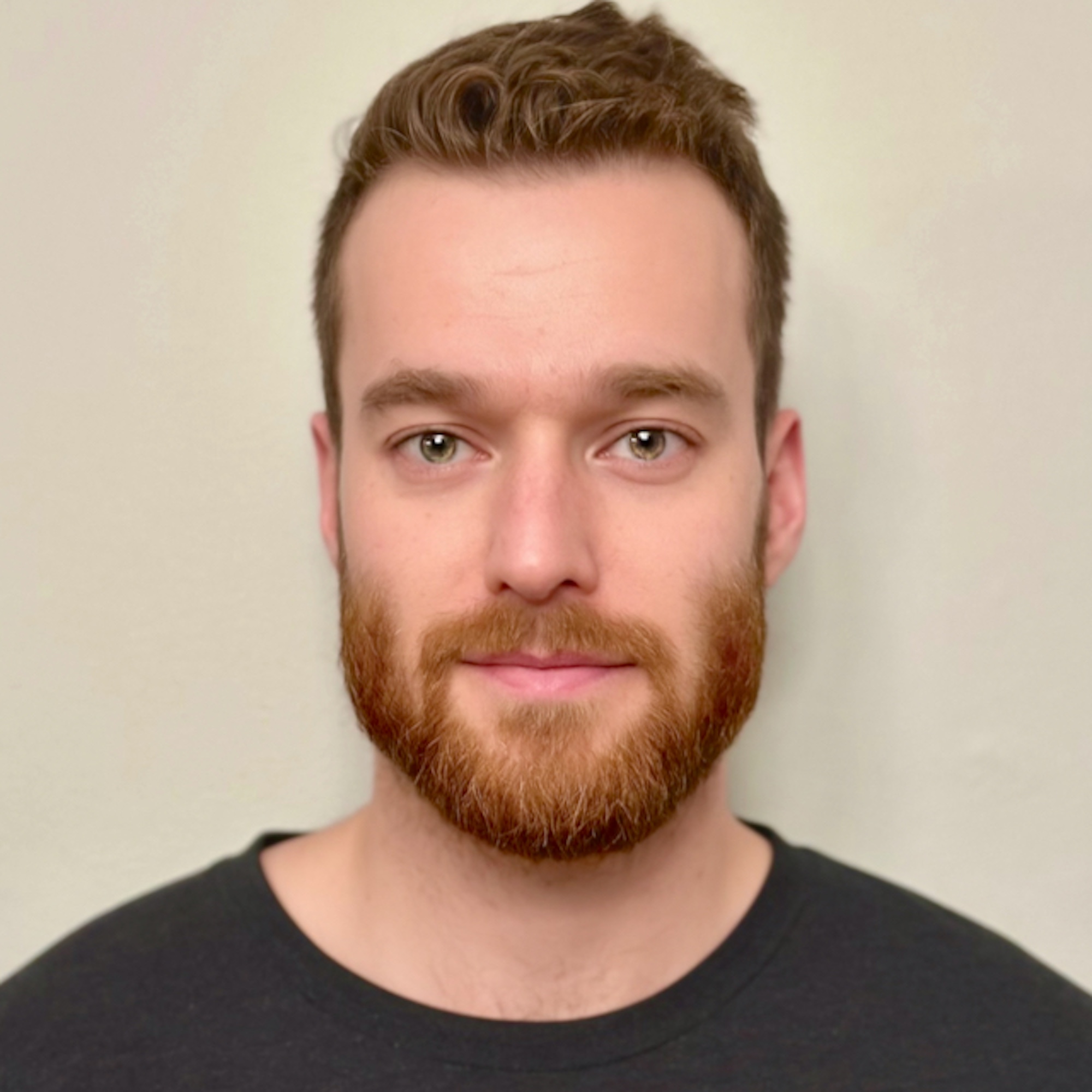
Researchers Under the ScopeFighting Treatment-Resistant Depression with Ketamine: Dr. Evyn PetersDr. Evyn Peters has created pivotal changes for patients arriving at Royal University Hospital's mental health short stay unit, and its emergency department. With 33 publications and interests spanning psychiatry, psychopharmacology and mood disorders, Peters is often one of the first physicians patients see when they're experiencing a mental health crisis. Peters was finishing his residency at RUH and the University of Saskatchewan's College of Medicine in 2017, when he and his colleagues first proposed ketamine for short-stay patients who had tried multiple antidepressants without success. After studying best practices in ot...
2023-11-1228 min
Researchers Under the ScopeDr. Wendie Marks: Researching Complex Connections Between Stress, Nutrition & HealthBy the end of her Grade Eight year in Saskatoon, Wendie Marks was sure about one thing: she knew she wanted to study health and the way early-life development affected the human body. "I spent a lot of time in the library reading books," Marks said. "I was always kind of the nerdy type." Marks enrolled at the University of Saskatchewan and thrived, earning her PhD in psychology. Her interests evolved towards behavioural neuroscience, focusing on the mechanisms behind behaviour, stress, and their effects on mental and physical health.
2023-10-3021 min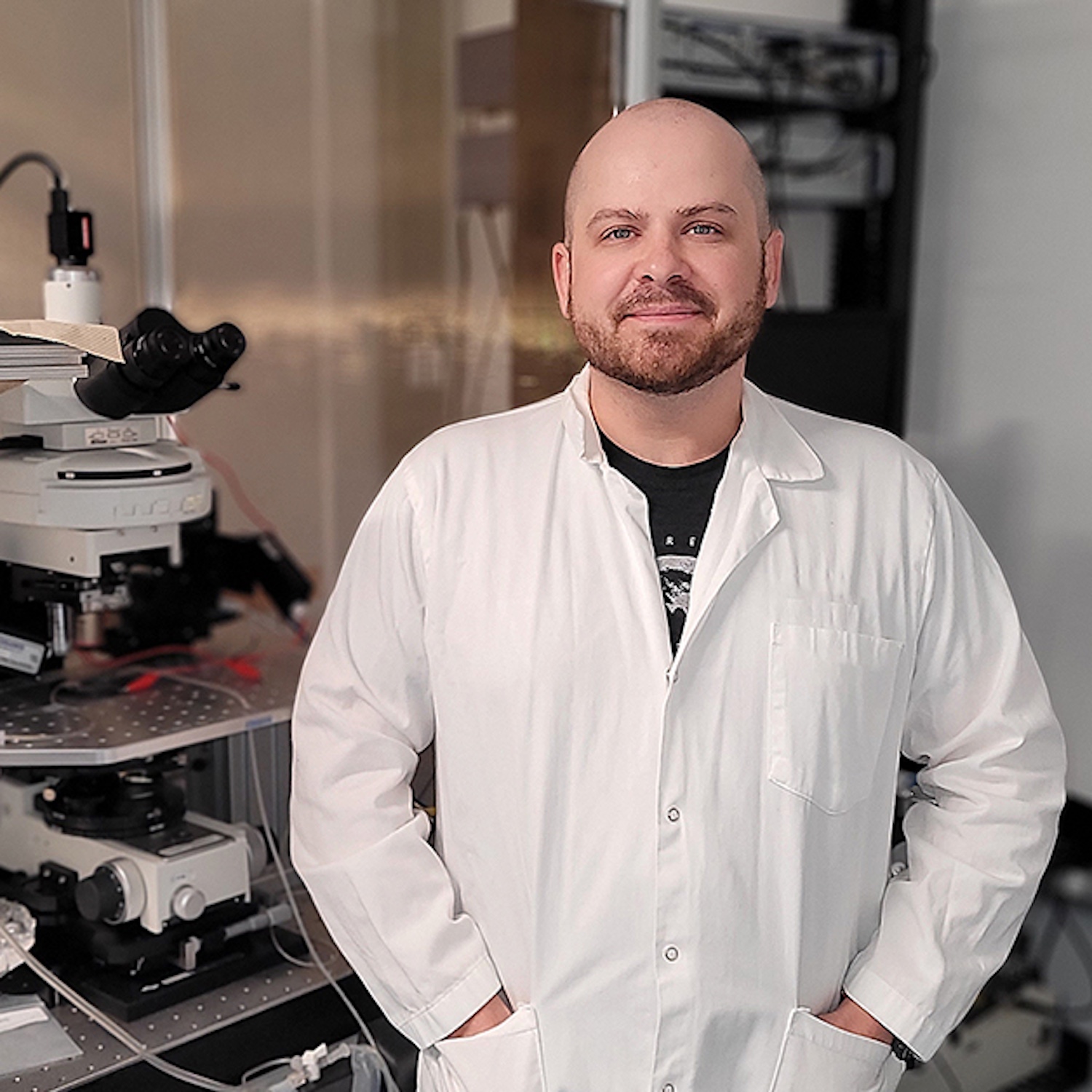
Researchers Under the ScopeMossy Cells and New Paths in Neuroscience: Dr. Justin BotterillWhen Justin Botterill first arrived at the University of Saskatchewan, he took what he described as a 'shotgun approach' to choosing classes. Midway through his second year, his psychology professors introduced him to neuropsychology, and to psychiatric and neurological disorders. He was hooked. Botterill soon began working with rodent models, later focusing on the hippocampus and pathways involved in forming memories and spatial navigation. "The hippocampus is widely implicated in a variety of neurological as well as psychiatric disorders," said Botterill. "It's a really important and critical structure." After...
2023-06-2722 min
Researchers Under the ScopeBe Like Bruce is Back: Chris Gordon Tackles Pancreatic CancerWhen Bruce Gordon's relatives descend on Saskatoon this month, his wife will put them to work. Bruce Gordon was a police officer and a lawyer, who competed as a triathlete and in the Crossfit Games. He was a fierce competitor until he was diagnosed with stage four pancreatic cancer at age 54. Hear his story in Episode 43. After Bruce died in 2017, Chris Gordon became one of the chief organizers of the 'Be Like Bruce' fitness festival -- an athletics-driven fundraiser for pancreatic cancer research that's now raised more than $60,000 dollars in his memory. ...
2023-06-0417 min
Researchers Under the ScopeTurning Back the Neurotoxin Clock, with Dr. Jeff DongMidway through his undergraduate degree at the University of British Columbia, a laboratory 'help wanted' poster caught Jeff Dong's eye. He applied, gaining invaluable practical experience that summer in Stephanie Borgland's lab. "She really supported me in understanding what research is about," said Dong, who went on to complete his PhD through UBC's Department of Microbiology and Immunology, moving to Calgary for post-doctoral work at the Hotchkiss Brain Institute. "That process was really exciting for me." He accepted a faculty position last year as an assistant professor in the University of Saskatchewan's Department...
2023-05-2120 min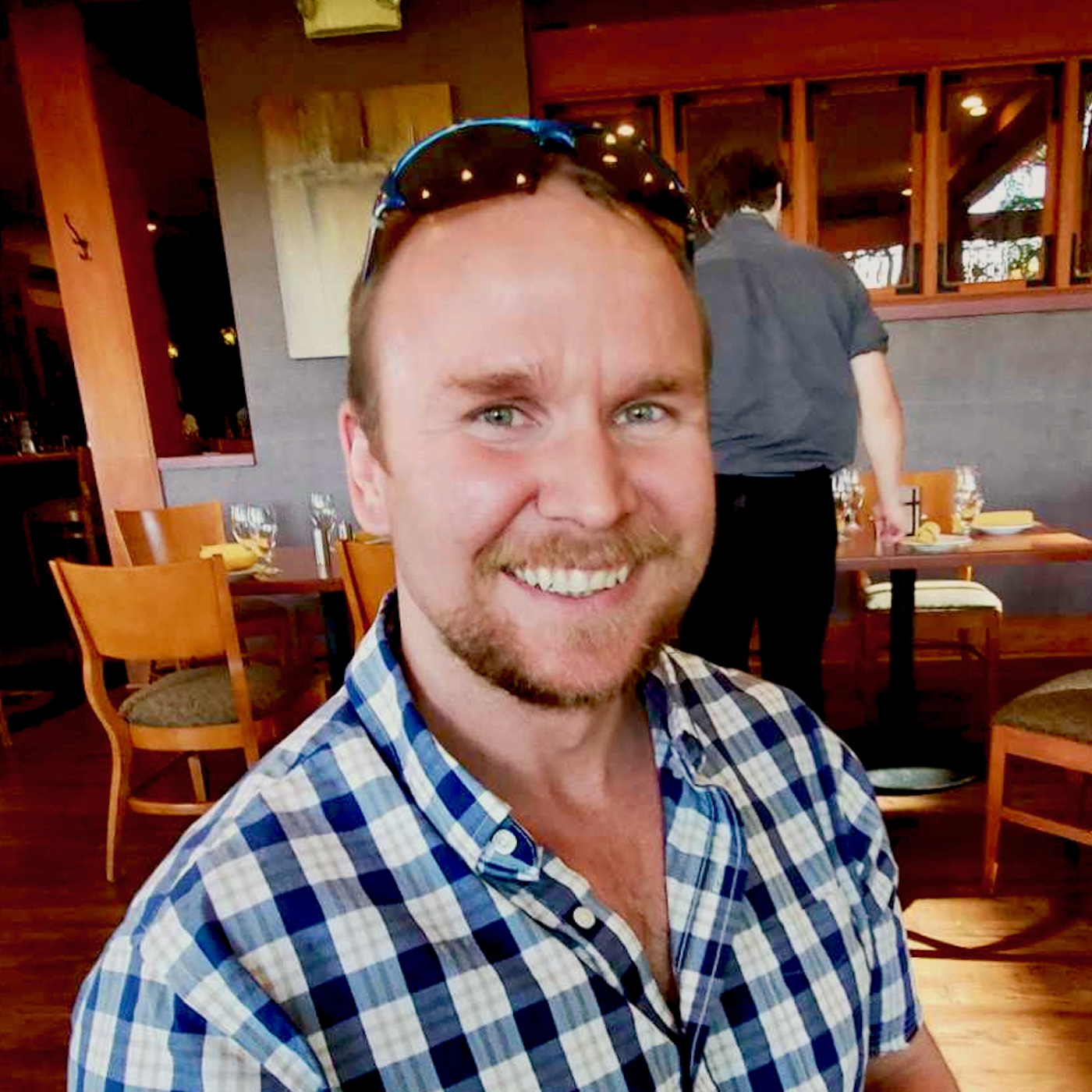
Researchers Under the ScopeAntibodies and Aging Gracefully: Dr. Peter PioliBefore we're even born, our bodies begin to grow and train an army of spies and assassins, creating a crew of immune system fighters in the upper chest's thymus gland. While this production is dominated by T cells, other immune cells such as B cells and plasma cells can be generated within the thymus, albeit at a very low level. After adolescence, the thymus reduces production at its 'spy and assassin' factory to a trickle. This has consequences because as we age, our immune system makes mistakes, leading to mutations in our DNA; changes in t...
2023-05-0721 min
Researchers Under the ScopeReady to Launch: Anurag Sakharkar Pinpoints Key Biomarkers in Astronaut HealthLike a lot of kids, Anurag Sakharkar used to dream about being a doctor, or an astronaut. His parents, both academics, encouraged him to follow his dream. In high school, he began spending evenings and weekends working at the University of Saskatchewan's biomedical labs, perfecting advanced research methods, western blots and PCR analysis . He began learning about Parkinson's disease with Dr. Changiz Taghibiglou, then started examining novel cancer treatment approaches with Dr. Franco Vizeacoumar. The Covid-19 pandemic brought Anu's in-person laboratory time to an abrupt halt. Undeterred, he began to spend...
2023-04-1623 min
Researchers Under the ScopeScratching That Itch: Dr. Rachel Asiniwasis Targets Atopic DermatitisWhen Dr. Rachel Asiniwasis returned to the prairies after her dermatology residency in Toronto, she noticed a pattern among many of her pediatric patients. Hundreds of them were coming to her with itchy, raw patches of skin, the result of atopic dermatitis — eczema. "One of the biggest frustrations for me is when people say 'oh, it's just a skin problem'," said Asiniwasis. "Itching in many ways is just as impactful as chronic pain," Atopic dermatitis is the most common chronic skin inflammatory disease. The vast majority of cases start in children under the ag...
2023-04-0224 min
Researchers Under the ScopeWhen Can ICU Patients Be Discharged Home?Patients in intensive care units often move to a regular ward before they're discharged, and sent home. But increasingly, hospitals are skipping that step, sending a handful of ICU patients directly home. "We were really looking at analyzing the data of safety in terms of discharging patients home safely in terms of outcomes such as mortality, or a re-admission to hospital," said Ryan Donnelly, who's currently finishing his first year of residency in Regina. He said for young patients without serious co-morbidities, direct discharges to home are an option. "If you ha...
2023-03-0522 min
Researchers Under the ScopeReversing the Effects of Alzheimer's Disease: Dr. Ron Geyer on NeuroEPOFor decades, families have watched Alzheimer's disease steal their loved ones' cognitive function. It's the most common form of dementia; one that affects a third of people over the age of 85. It's a disease Dr. Ron Geyer and Dr. Andrew Kirk want to tackle. Right now, most pharmaceuticals target the symptoms of Alzheimer's disease, without addressing its root cause. Most lose their effectiveness after three months. Geyer, a biochemist and professor of pathology at the University of Saskatchewan's College of Medicine, said a novel protein could change that. "They did a f...
2023-02-1920 min
Researchers Under the ScopeFrom Scratch: Rural Dementia Care with Dr. Debra MorganDebra Morgan grew up on a farm and continued farming with her husband, initially working in nursing in the winter. Nursing shifts took her from neurosurgery to pediatrics, to orthopedics, then to Saskatoon's geriatric units at City Hospital and Royal University Hospital. "I just found that I really enjoyed working with older people," Morgan said. She soon followed her passion for research, opting to study geriatric care as she earned her masters' and doctoral degrees in nursing. Today, she's a professor and chair of rural health delivery at the Canadian Centre...
2023-02-0529 min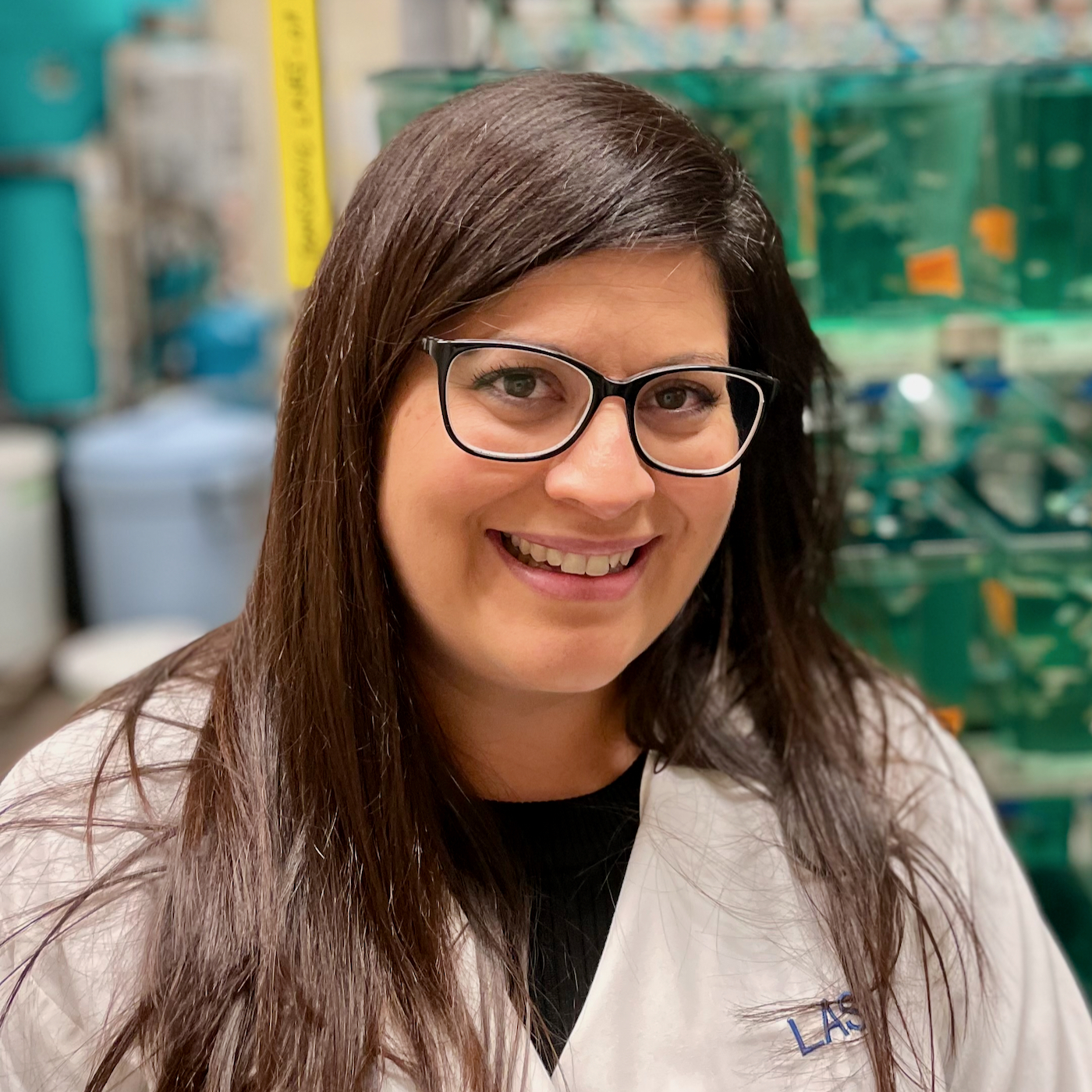
Researchers Under the ScopeAffairs of the (Zebrafish) Heart: Dr. Michelle CollinsIf you've ever sat through a bad date at a restaurant, unsure of what to order, you're still doing better than a typical zebrafish date. Dr. Michelle Collins said without safety precautions, a zebrafish male and female left together overnight often eat their embryos. The assistant professor of Anatomy, Physiology and Pharmacology at the University of Saskatchewan's College of Medicine has studied zebrafish for years, using them as a model to examine genetic factors in cardiac development. "They're actually quite beautiful," she said. "The embryos look almost like a crystal ball." ...
2023-01-2222 min
Researchers Under the ScopeDr. Darryl Adamko: Little Lungs, Lessons LearnedDiagnosing pulmonary diseases ilike asthma in young children is still largely a matter of trial and error, according to Saskatchewan's top pediatric respirologist. As viruses and colds tear through schools and daycares across North America, Dr. Darryl Adamko wants to change that. "If you have asthma this year and you're not taking your inhaled steroids, well you're rolling the dice," said Adamko, who's watched an influx of young patients over the past few months at the Jim Pattison Children's Hospital in Saskatoon. In children, problems with breathing are...
2023-01-0824 min
Researchers Under the ScopeIn the Spirit of ChristmasMay this holiday season find all our Researchers Under the Scope listeners feeling cozy, festive and warm. In the spirit of giving, the Office of the Vice-Dean of Research at the College of Medicine has once again teamed up, to make a donation to students and staff at King George Elementary School in Saskatoon. This is where you can scroll down and find the details you need to make an e-transfer donation. And in the New Year, we resolve to bring you an episode for parents of young children. With Influenza A, RSV, and Covid-19 rip...
2022-12-2506 min
Researchers Under the ScopeDr. Scott Widenmaier: Connecting Cholesterol, Obesity and ImmunometabolismWhen Scott Widenmaier left high school, he wasn't sure what career path he wanted to pursue. He grew up in Alameda, Saskatchewan, and soon found work on oil rigs. But by the time he was in his early twenties, he knew it was time for a change. "I realized that winters are just too cold to continue doing that," said Widenmaier. "I wasn't sure what I was going to do with my life, but I was interested in biology and human physiology." In his third year as a science major at the University...
2022-12-1121 min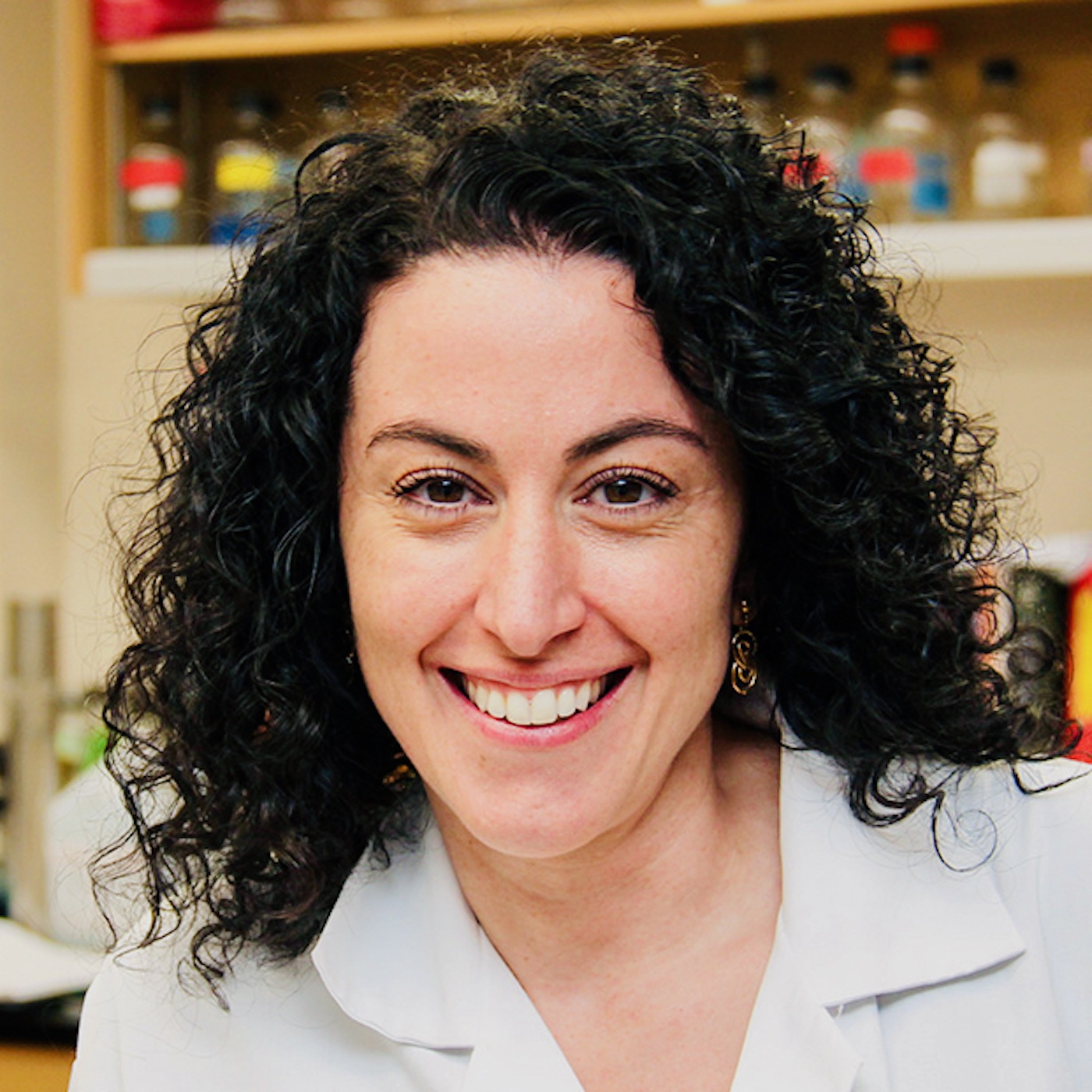
Researchers Under the ScopeJust Give Mutants A Chance: Dr. Linda ChelicoAs a high school student growing up in Melfort, Sask.. Linda Chelico (PhD) knew she wanted to work in health sciences. She enjoyed biology class, and took an interest in watching nature heal itself. She wanted to find environmentally friendly solutions to health problems. Then, she read a National Geographic magazine about landfills filling up. Chelico began thinking about the environmental footprint of garbage, and about the organisms that could help break down piles of refuse. The idea turned into her Grade 11 science project, where she showed ways micro-organisms could degrade some of...
2022-11-2724 min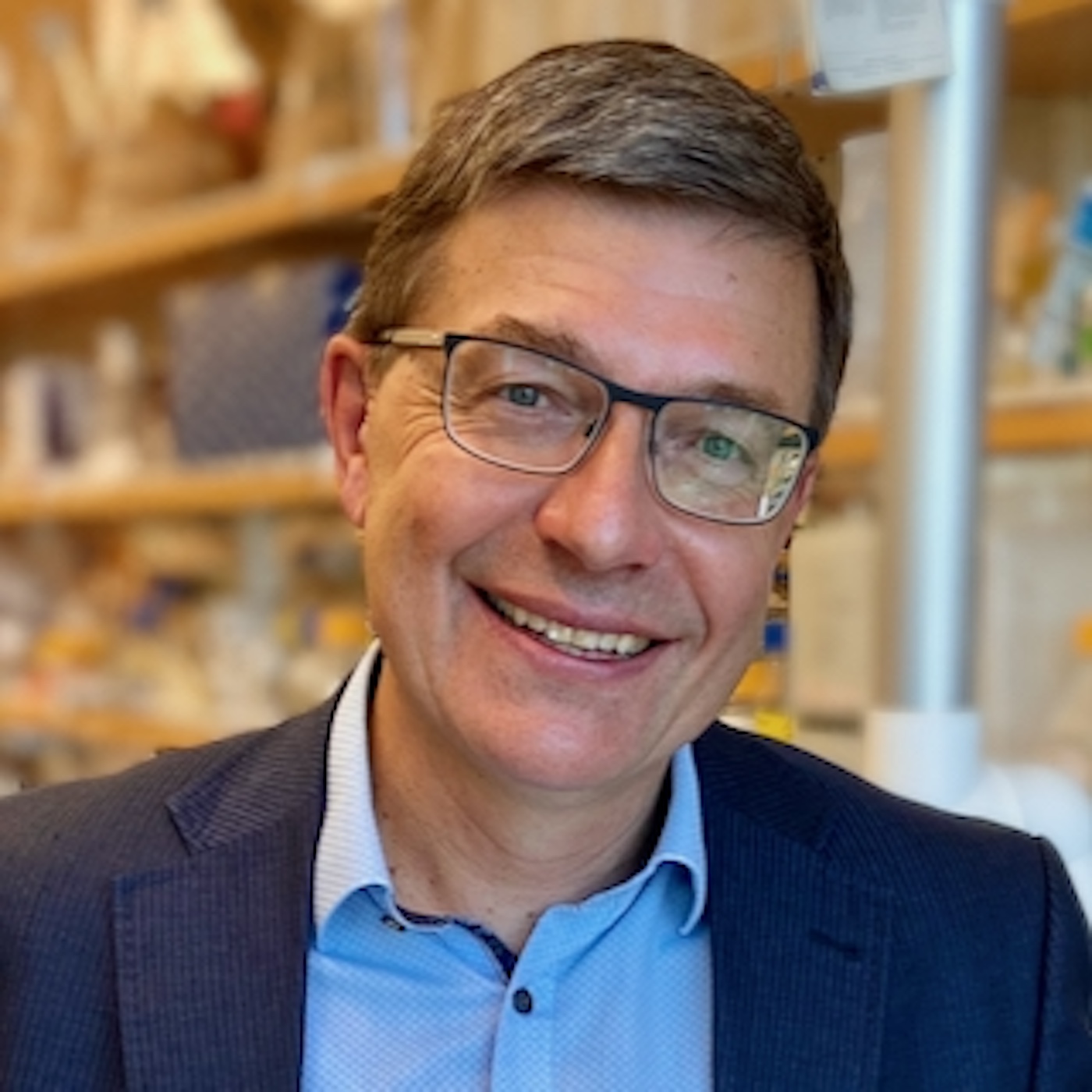
Researchers Under the ScopeDr. Oleg Dmitriev on Copper, Platinum and Safer ChemotherapyColour-changing reactions and small explosions punctuated life at Dr. Oleg Dmitriev's home, when he was a boy. He loved trying out chemical reactions, and experimenting. As a teenager, he was fascinated by the science fiction novels his father brought home. "It's all about strange worlds and unusual, strange forms of life," said Dmitriev, a protein biochemist. "I started wondering, why is the life on our planet is the way it is? And what is the chemistry of life?" After earning his PhD at Moscow State University, Dmitriev went on to post-doctoral studies at the University of...
2022-11-1321 min
Researchers Under the ScopeWhat Physics Can Tell Us About Inflammatory Pulmonary Disease, with Dr. Asmahan AbuArishAsmahan AbuArish grew up in Hebron, surrounded by military checkpoints. She knew she wanted to help people, but she had to give up her dream of being a medical doctor early. Fortunately, AbuArish is no quitter. She discovered physics — and later its very real applications in curing inflammatory pulmonary diseases such as cystic fibrosis (CF) and chronic obstructive pulmonary disease (COPD). Last year, Dr. AbuArish arrived at the University of Saskatchewan to open her own lab, landing $175,000 through the Canada Foundation for Innovation's John Evans Leaders Fund. Today, Dr. Asm...
2022-10-3024 min
Researchers Under the ScopeUsing CBD Oil to Treat Severe Epilepsy in Children, with Dr. Richard HuntsmanAs a pediatric neurologist, Dr. Richard Huntsman sees the children with the most medically complex epilepsy "It completely disrupts the life of a family," said Huntsman. "Limitations on what the child can do, limitations on what the family can do." "When the kids have really severe and difficult-to-control epilepsy, It's a huge burden on their parents." Eight years ago, parents started asking Huntsman about whether they could try treating their childrens' seizures -- with cannabis. Back then, Canadian health officials allowed doctors to prescribe the medical use of dried marijuana buds...
2022-07-1021 min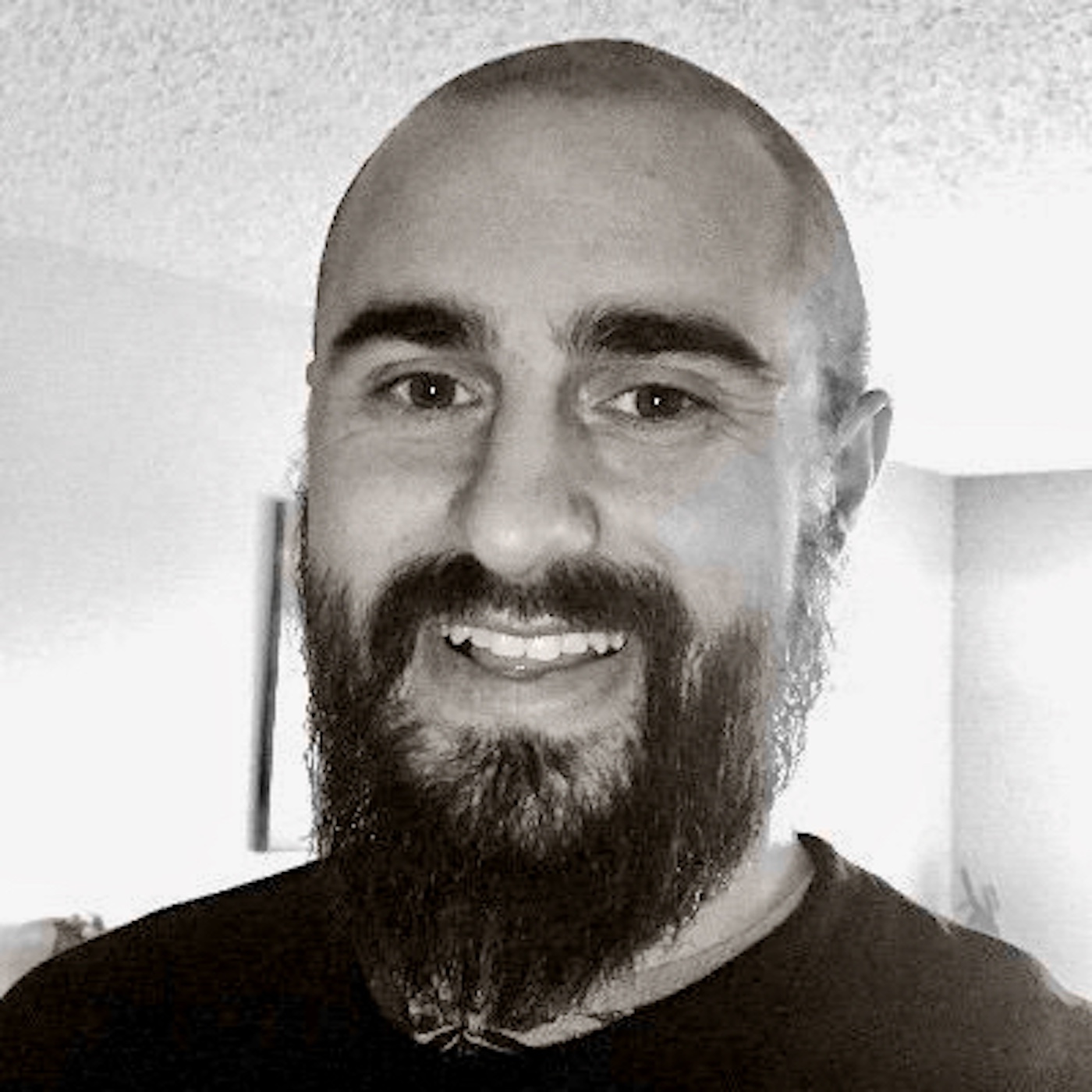
Researchers Under the ScopeHot-boxing Rats and Brain Neuroscience, with Dr. Robert LaprairieResearchers in Robert Laprairie's laboratory are hard to miss, wearing tie-dyed lab coats as they oversee mice and lab rats in iPad-sized chambers filled with cannabis smoke. An associate professor in the College of Pharmacy and Nutrition, Dr. Laprairie and his team are trying to unravel the mysteries of human neurotransmitters and cannabinoid receptors, and their role in neurodegenerative disease. "Cannabis is challenging. There's a lot of bureaucracy, there's a lot of stuff that gets in the way. So there was a knowledge gap," said Laprairie. Still, Laprairie never thought of himself as...
2022-06-1924 min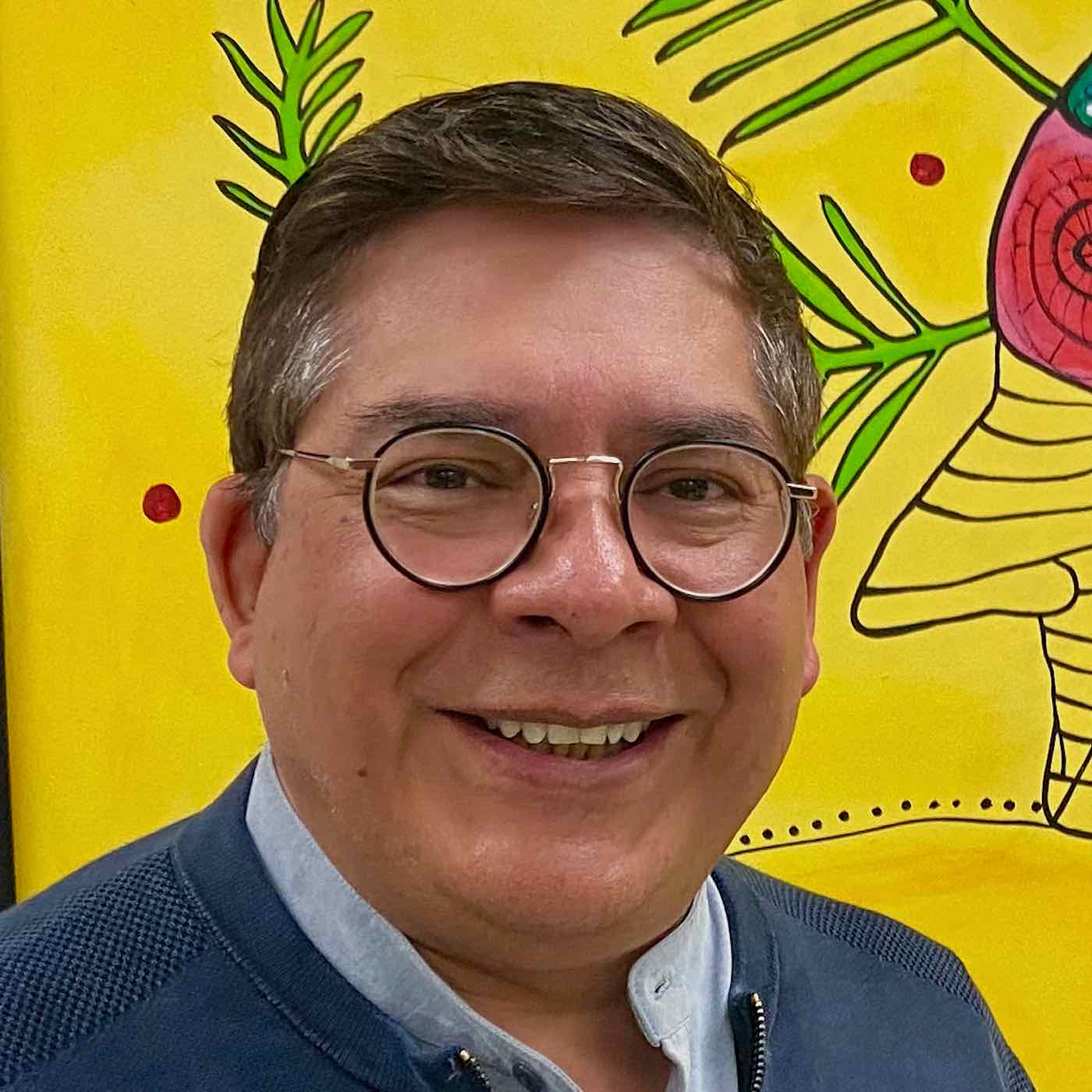
Researchers Under the ScopeDr. Ivar Mendez: The Robot Will See You NowDr. Ivar Mendez is one of the world's leading experts in neuroscience and robotics, neuromodulation, and remote medicine. But nine years ago, the award-winning neuroscientist who founded Dalhousie's Brain Repair Centre faced a career dilemma. Would he accept a senior clinician's position at Harvard University, or would he move to Saskatchewan, to oversee surgery for an entire province? Today, Dr. Ivar Mendez says he's glad he chose Saskatoon. "It's been a privilege for me to work with remote communities in Saskatchewan," said Dr. Mendez, provincial head of surgery and a clinical...
2022-06-0528 min
Researchers Under the ScopeBreakthoughs in Cystic Fibrosis, with Dr. Julian Tam & Juan IanowskiFrom insects and birds, to the underwater world, Juan Ianowski's fascination with the natural world began early. As a biologist, he was drawn to physiological processes, later scrutinizing the kidneys of insects, whose epithelial cells behave in similar ways to those in human lungs. By 2015, Ianowski's research was focused on the pathophysiology of lung cells, and the nerve channels controlling them. He and his collaborators were working with the Canadian Light Source, to get a more accurate picture of the tiny cells involved. But Ianowski had a nag...
2022-05-2226 min
Researchers Under the ScopeGame Changer: Dr. Deborah Anderson on Triple Negative Breast CancerDr. Deborah Anderson has spent her career as a biochemist and cancer cell biologist pinning down elusive targets. Now she's made a breakthrough in one of the world's most swift-moving and aggressive cancers: triple negative breast cancer. This form of the disease affects 15 to 20 per cent of women diagnosed with breast cancer. It's , and is often more prevalent in young women, with a disproportionate number of Black and Latina women. Unlike other forms of breast cancer, it's not fuelled by the hormones estrogen and progesterone, or by the HER2 protein — and so does not...
2022-05-0827 min
Researchers Under the ScopeTriple Negative Breast Cancer: Chandra Dattani's StoryChandra Dattani's smile lit up the room, and her laughter was contagious. But when the beloved Saskatoon businesswoman and volunteer was diagnosed with triple negative breast cancer, even her husband, a physician, found very little information about therapies or drugs that could heal her. "There was very scant literature on triple negative, and I was asking them, why?" said Dr. Dan Dattani. Typically, oncology teams target estrogen and progesterone receptors to stop breast cancer tumours from growing and spreading. Unfortunately, those targets don't work for the 15 to 20 per cent of breast c...
2022-04-2427 min
Researchers Under the Scope'I'm Going To Do This': with Dr. Veronica McKinneyWhen Veronica McKinney was little, she made trip after trip to the Saskatoon Public Library, to keep borrowing a Time-Life book about the human body. "I loved that book and I would read it. I would copy the cover. I can picture it even to this day, all the different little cells," said McKinney, now an assistant professor at the College of Medicine. "I was just fascinated by how our body works and how it's just so amazing," she said, as she recalled borrowing the book over and over, and tracing the pictures on its...
2022-04-1023 min
Researchers Under the ScopePhysician in the field: Niels Koehncke on the 'flip side' of medicineMost patients at a hospital or a clinic walk in sick. Doctors do their best to treat their ailments. Dr. Neils Koehncke's patients aren't necessarily sick. In fact, most are reasonably healthy and still on the job. But their duties at work often lead to a plethora of risky situations and occupational hazards. "It's the flip side of healthy, or at least people healthy enough to work suddenly being exposed to these environments that are really unusual," said Koehncke, the director of the Canadian Centre for Health and Safety in Agriculture (CCHSA). ...
2022-03-2720 min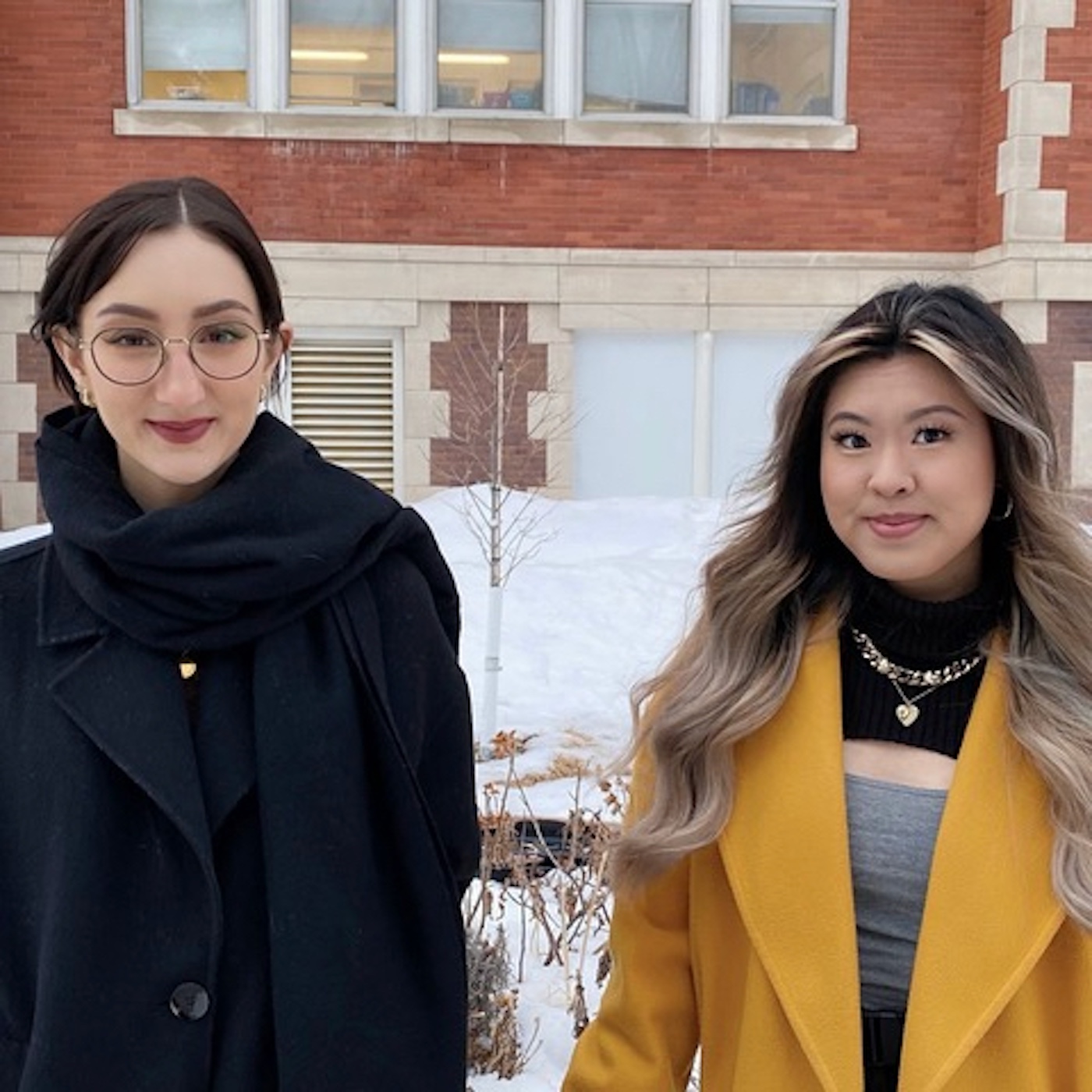
Researchers Under the ScopeCommunity-driven: graduate researchers make a diifferenceTo spread hope and cheer in our city, the Office of the Vice-Dean of Research typically runs a charitable donation campaign at the end of each year, during the Christmas break. Again, distancing, masks and video conferencing dominated the College of Medicine's second pandemic holiday season. That prompted graduate students Stefany Cornea and Nayoung Kim to issue a departmental challenge. Help an elementary school. Cornea and Kim reached out to some of the schools hardest-hit during Saskatoon's Covid-19 pandemic, and asked what their wish lists included. In this episode, hear why Cornea and Kim chose...
2022-03-1215 min
Researchers Under the Scope'Be Like Bruce': Chris Gordon gives momentum to Saskatoon cancer researchersFrom his time as captain of the Saskatoon Blades, to a career with the Saskatoon Police Service and the law -- Bruce Gordon was the kind of father, athlete and coach who inspired everyone around him. After he was diagnosed with Stage 4 pancreatic cancer in 2017, his wife Chris joined family and friends to start a wave of 'Be Like Bruce' fundraisers. "We were stunned and to be given a diagnosis of absolutely zero hope was devastating," said Chris Gordon. In his last months, Bruce spoke openly about his cancer, and how...
2022-02-2729 min
Researchers Under the Scope'Be Like Bruce': Chris Gordon gives momentum to Saskatoon cancer researchersFrom his time as captain of the Saskatoon Blades, to a career with the Saskatoon Police Service and the law -- Bruce Gordon was the kind of father, athlete and coach who inspired everyone around him. After he was diagnosed with Stage 4 pancreatic cancer in 2017, his wife Chris joined family and friends to start a wave of 'Be Like Bruce' fundraisers. "We were stunned and to be given a diagnosis of absolutely zero hope was devastating," said Chris Gordon. In his last months, Bruce spoke openly about his cancer, and how u...
2022-02-2729 min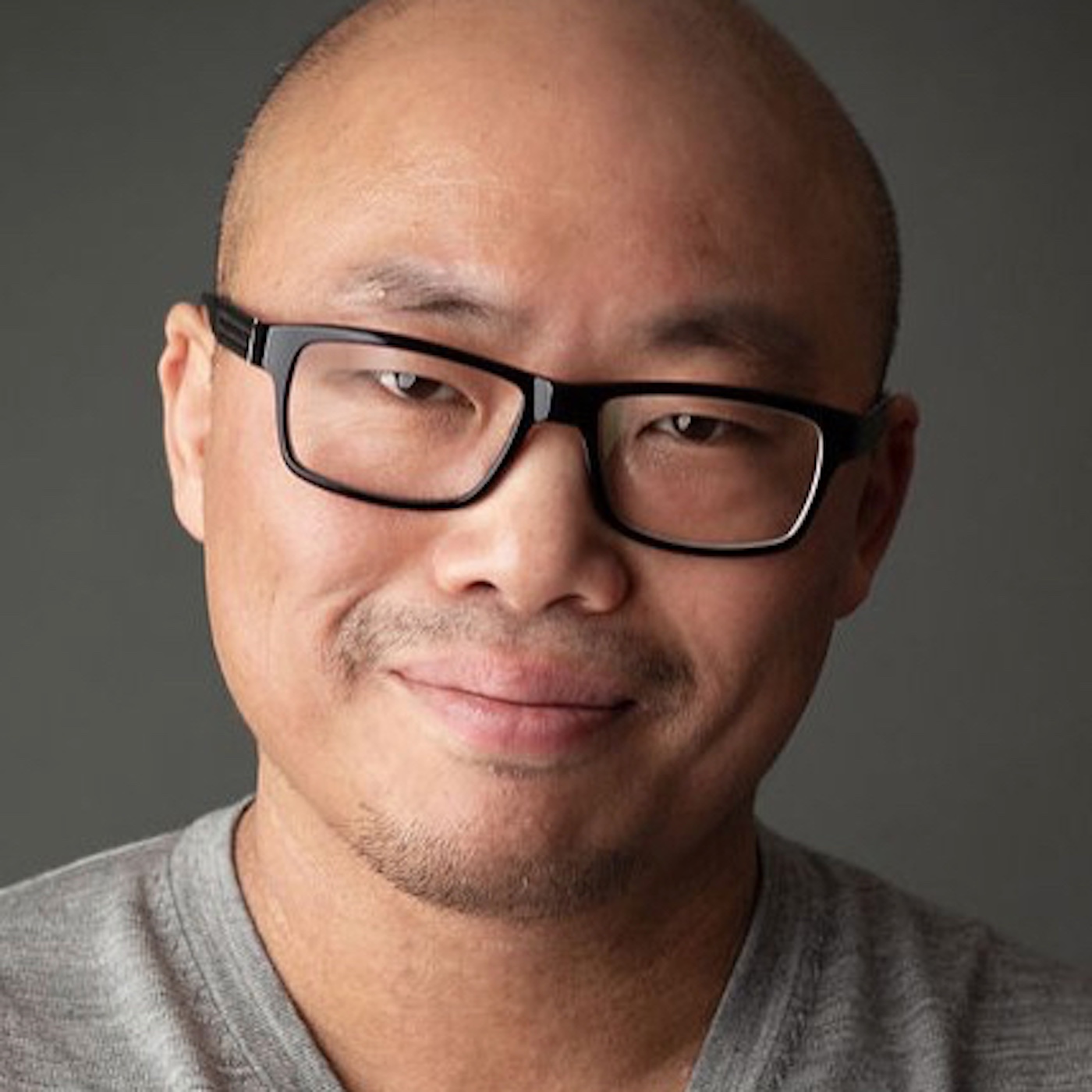
Researchers Under the ScopeDr. Alex Wong on Sask's rush to drop Covid rulesAs Saskatchewan drops its proof-of-vaccine requirements and masking orders, doctors and nurses are angry and frustrated, as they care for record numbers of Covid patients. "There's this tension of how to manage all of this going forward so that we don't have surge after surge and wave after wave continue to basically crush our healthcare system," said Dr. Alex Wong. The infectious disease specialist based at Regina General Hospital said Saskatchewan politicians ignore medical advice in their rush to drop Covid restrictions. Some, Wong said, have spread half-truths misinformation about the Omicron variant...
2022-02-1319 min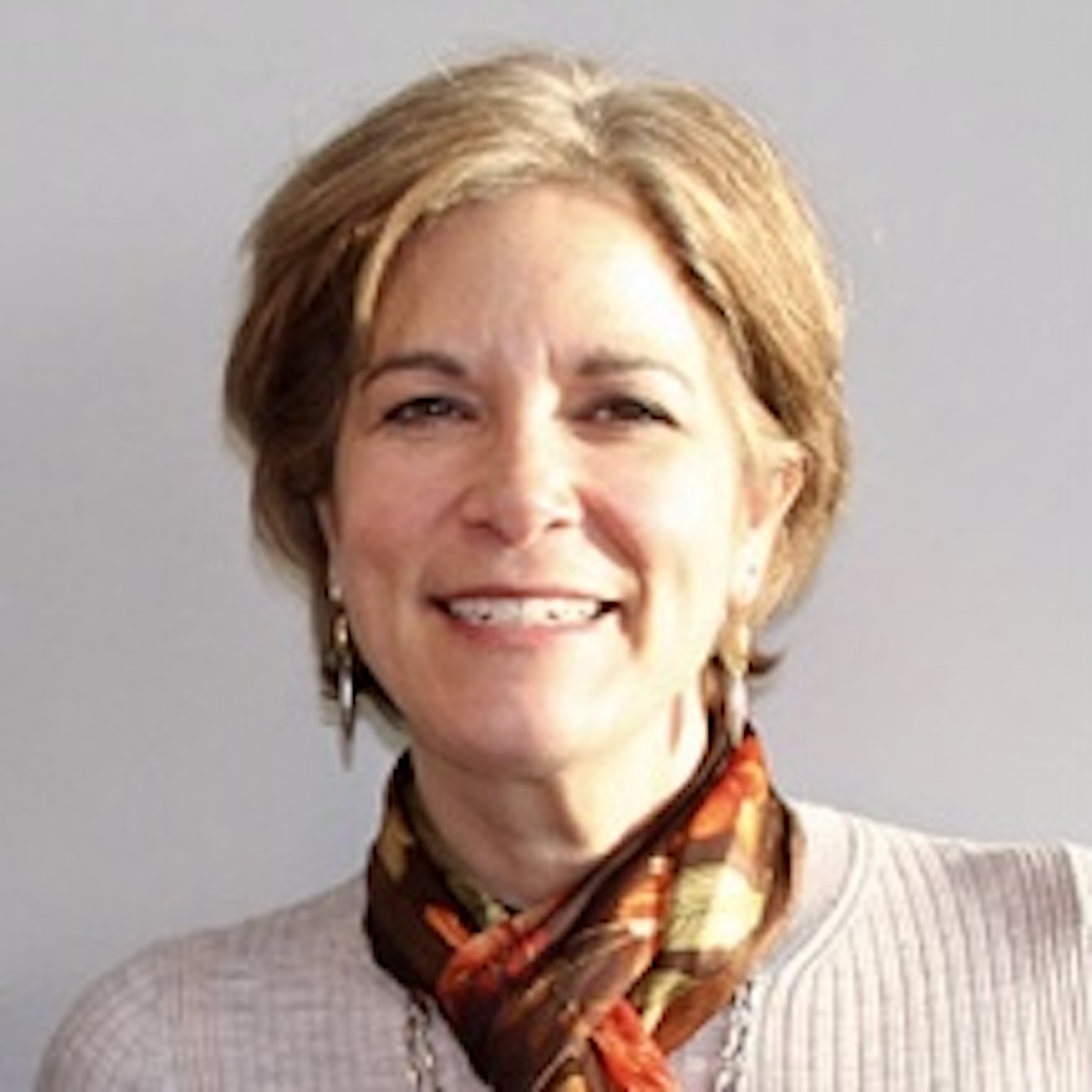
Researchers Under the ScopePhantom Power: Audrey Zucker-Levin on Artificial LimbsAudrey Zucker-Levin estimates it's been more than 30 years since she first poked her head into a researcher's office at New York City's Hospital for Special Surgery. Back then, the clinical therapist spent her days treating hospital patients, stopping by the laboratory after her shifts. "I was very intrigued by the prosthesis, by the mechanical and the physiologic connection," said Zucker-Levin. "I kept basically showing up any time I had spare time," she said. "They just put me to work." After long hours spent studying patients in early video work, Zucker-Levin recalled...
2022-01-3023 min
Researchers Under the ScopeThe Kids Are Not All Right, with Ayisha KurjiDr. Ayisha Kurji first noticed the uptick in children and teens admitted to hospital in the spring of 2020. Some had cardiovascular damage. Some had gastrointestinal issues. But it wasn't because of Covid-19. Instead, she kept seeing children and adolescents hospitalized with eating disorders. "They were so sick, so medically unwell," said Kurji. "We started to track it." As familiar routines evaporated and face-to-face interactions vanished after school cancelations, Kurji said across Canada, outpatient referrals for eating disorders shot up 60 per cent, largely driven by an increase in anorexia nervosa. ...
2022-01-1622 min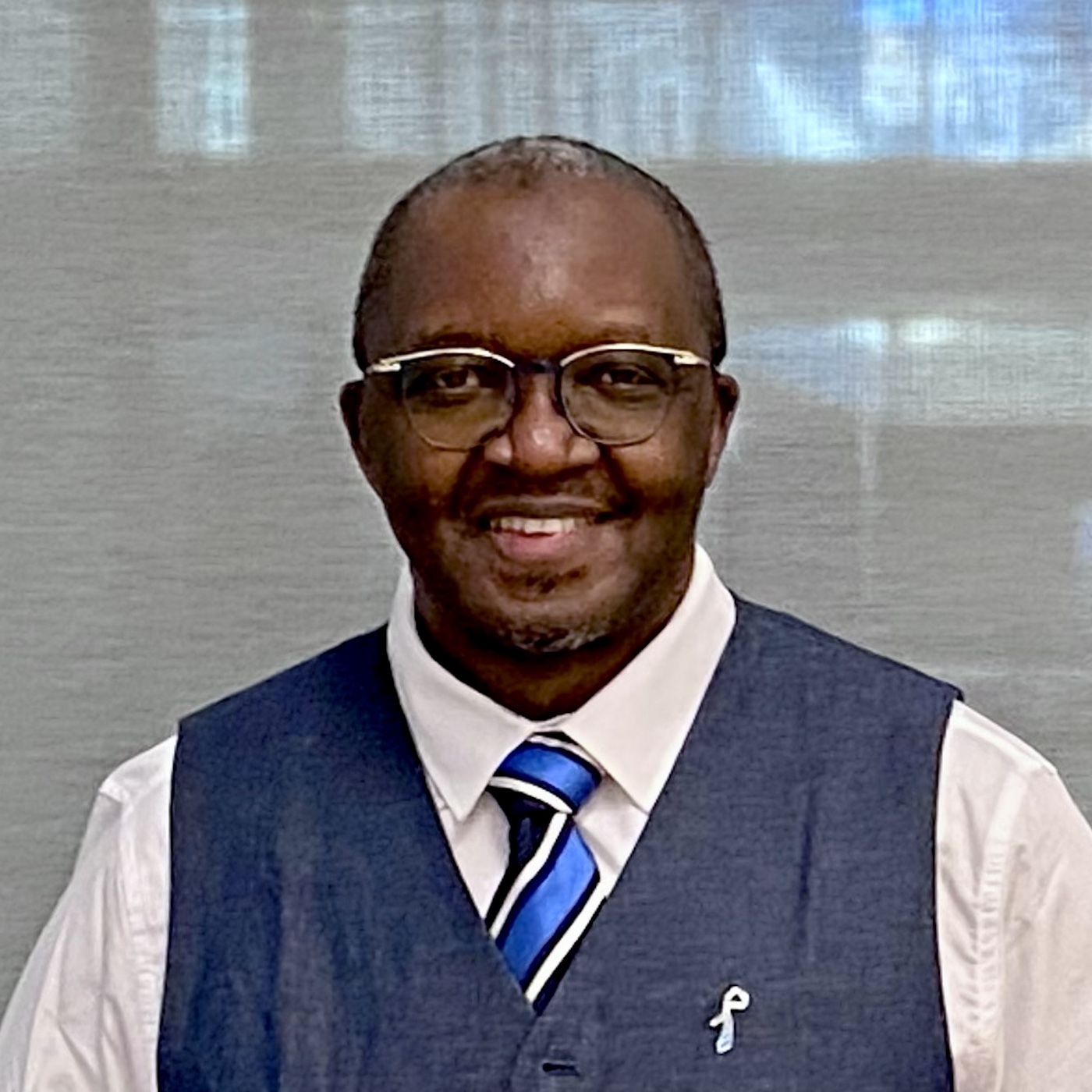
Researchers Under the ScopeBRK, Biochemistry and Breast Cancer: Erique LukongDr. Erique Lukong grins, pointing to two bracelets on his wrist. One inscribed with the word 'focus'; the other 'believe'. "I'm passionate about what I do,' he said, describing his journey through medicine as a series of 'lucky breaks'. In his home country of Cameroon, Lukong was identified early as a promising scholar. Upon graduating from high school, he won an eight-year government scholarship to master both biochemistry and French linguistics. "They were looking for technical and medical translators to come back to the country," said Lukong, who enroled at Keele University...
2021-12-1929 min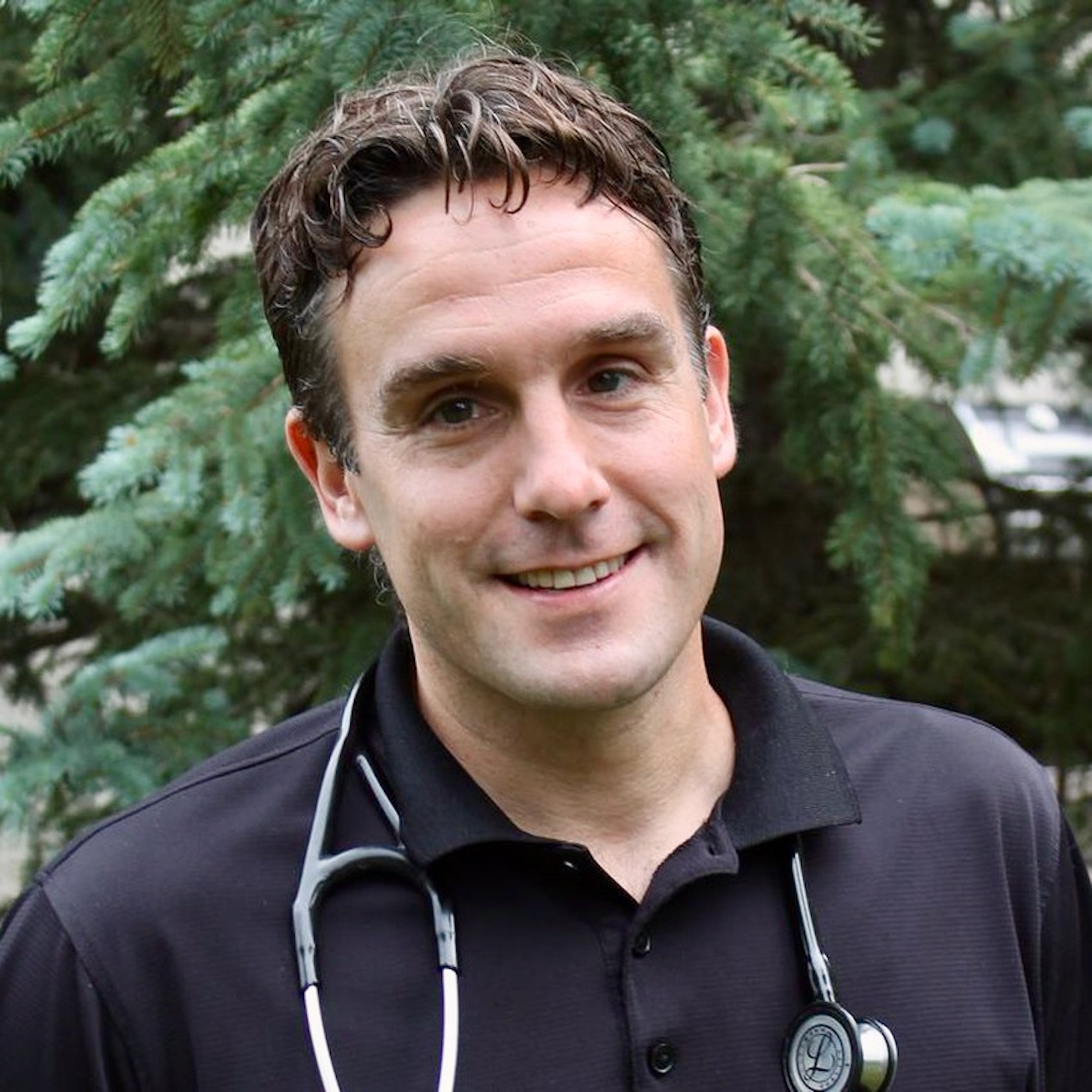
Researchers Under the ScopeTreating diabetes with black bag medicine: Stu SkinnerWithout a car, without childcare, without a grocery store, a pharmacy, or a place to get blood work done, how is a person with diabetes in rural Saskatchewan supposed to keep their disease in check? Those are the questions Dr. Stu Skinner and his Wellness Wheel team members face each day, as they treat Cree and Saulteaux patients on the Day Star, George Gordon, Kawacatoose and Muskowekwan First Nations in south-eastern Saskatchewan. "We see a lot of patients with diabetic foot infections," said Skinner, a University of Saskatchewan-trained physician who specializes in infectious d...
2021-12-0521 min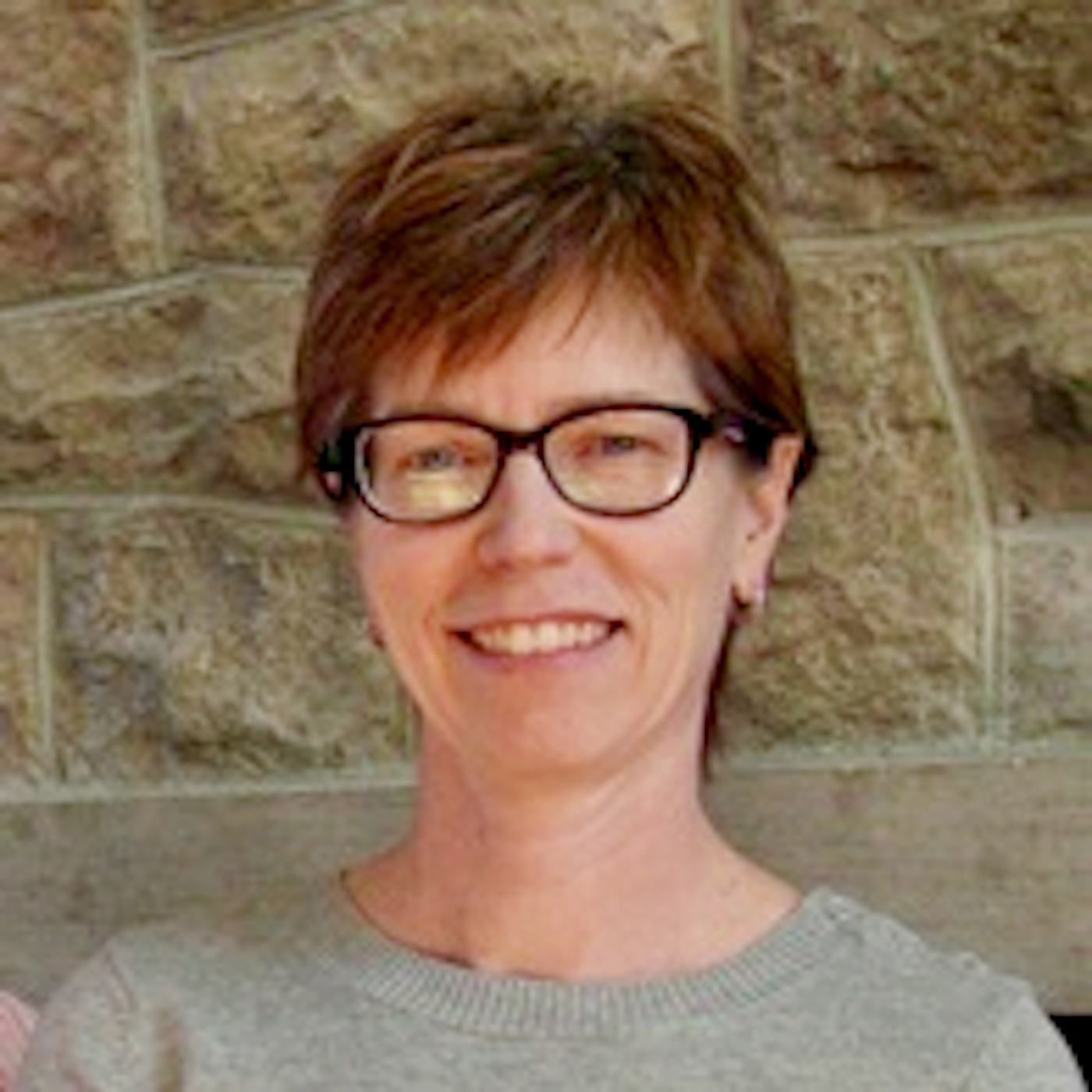
Researchers Under the ScopeSlips, trips and spills: Preventing Falls with Cathy ArnoldFor senior citizens, fracturing a hip is more often than not a life-changing injury. One in three of those patients will die within a year. The second will recover and return home. The third often needs to move to a long-term care facility, to cope with reduced mobility. Dr. Cathy Arnold makes it her mission to stop those falls and fractures in the first place. On this episode of the podcast, she joins us to talk about breakthroughs in rehabilitation techniques and research, as Canada marks fall prevention month every November. Af...
2021-11-2120 min
Researchers Under the ScopeUnchanged over two decades: Marek Radomski calls for boost to biomedical spendingDr. Marek Radomski says research pays off, in attracting dollars to post-secondary institutions, in creating healthier citizens, and in lowering health costs. He's the vice-dean of research at the University of Saskatchewan's College of Medicine, a member of Canada's U15 Group of Canadian Research Universities, But in a province that will spend $6.5 billion on health care this year to fight a raging coronavirus pandemic, biomedical research spending is stuck at levels last seen at the turn of the century, For decades, the Saskatchewan Health Research Foundation, the major grant agency, has seen its b...
2021-11-0721 min
Researchers Under the Scope'Vitally important': Carrie Bourassa talks community healthAs a Metis health researcher, Dr. Carrie Bourassa makes a point of putting elders and community members first. In this episode, she looks back at her earliest influences, at the role her extended family and elders played in steering her career, and at her hope for the future. "They taught me that you serve a community. You serve Aboriginal communities," she said. In this episode, the professor in Community Health & Epidemiology at the College of Medicine reflects on some of her earliest work tackling policies in health care which ignored the needs of Indigenous pe...
2021-10-2422 min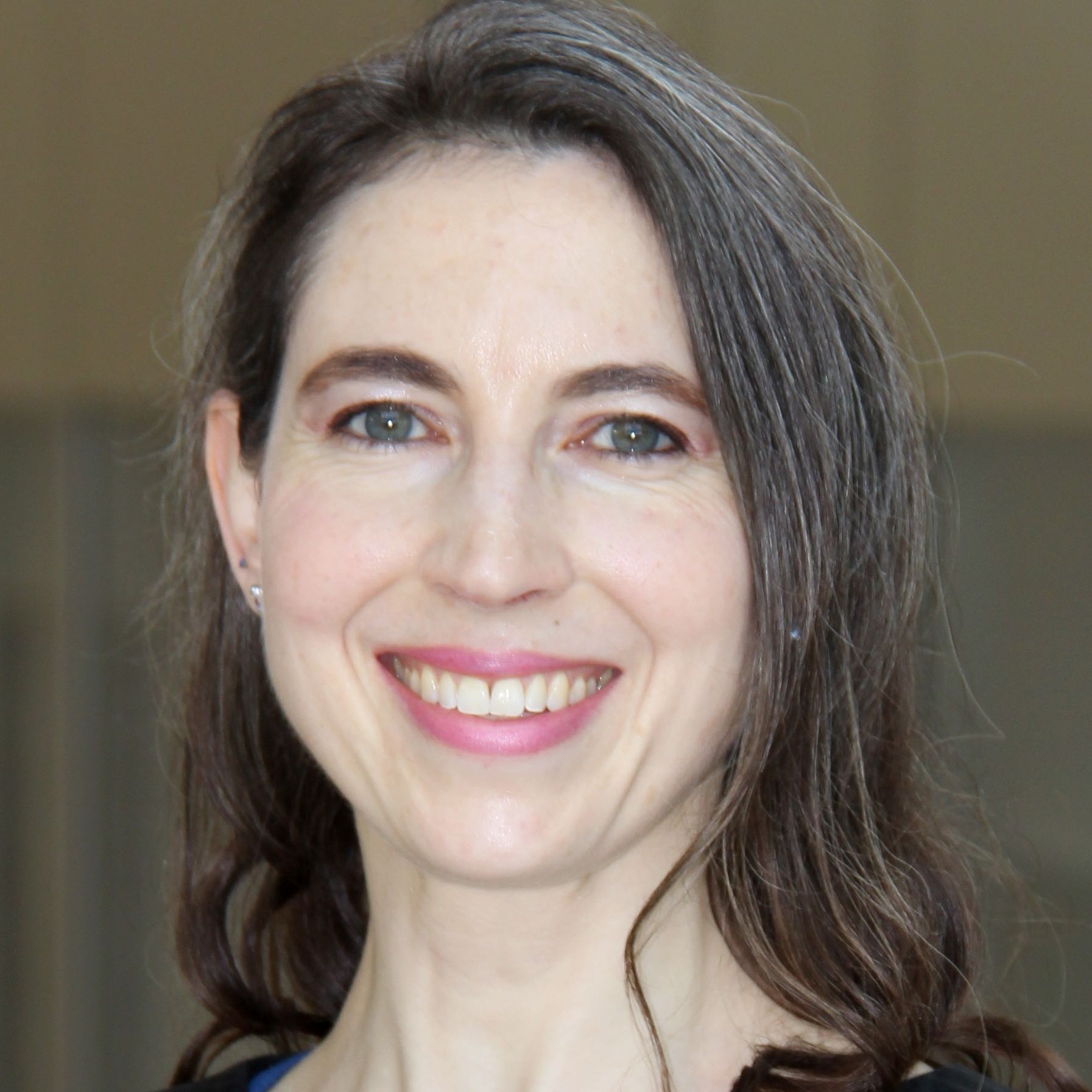
Researchers Under the ScopeScience with an armchair and a drink: Julia Boughner and Café ScientifiqueJulia Boughner knows primates carry a deep-seated instinct to gather together. An associate professor of anatomy with the College of Medicine, Boughner is a biologist who specializes in evolutionary development. On the last Tuesday of the month, she also hosts Café Scientifique Saskatoon. The gathering is essentially a pub night where a scientists talk about their research, mingle with members of the public and answer questions. "I think a lot of speakers enjoyed the fact they could give a podium talk with a beer," she laughed. "Researchers welcome the opportunity to be out there with the public, to share something that the...
2021-10-1015 min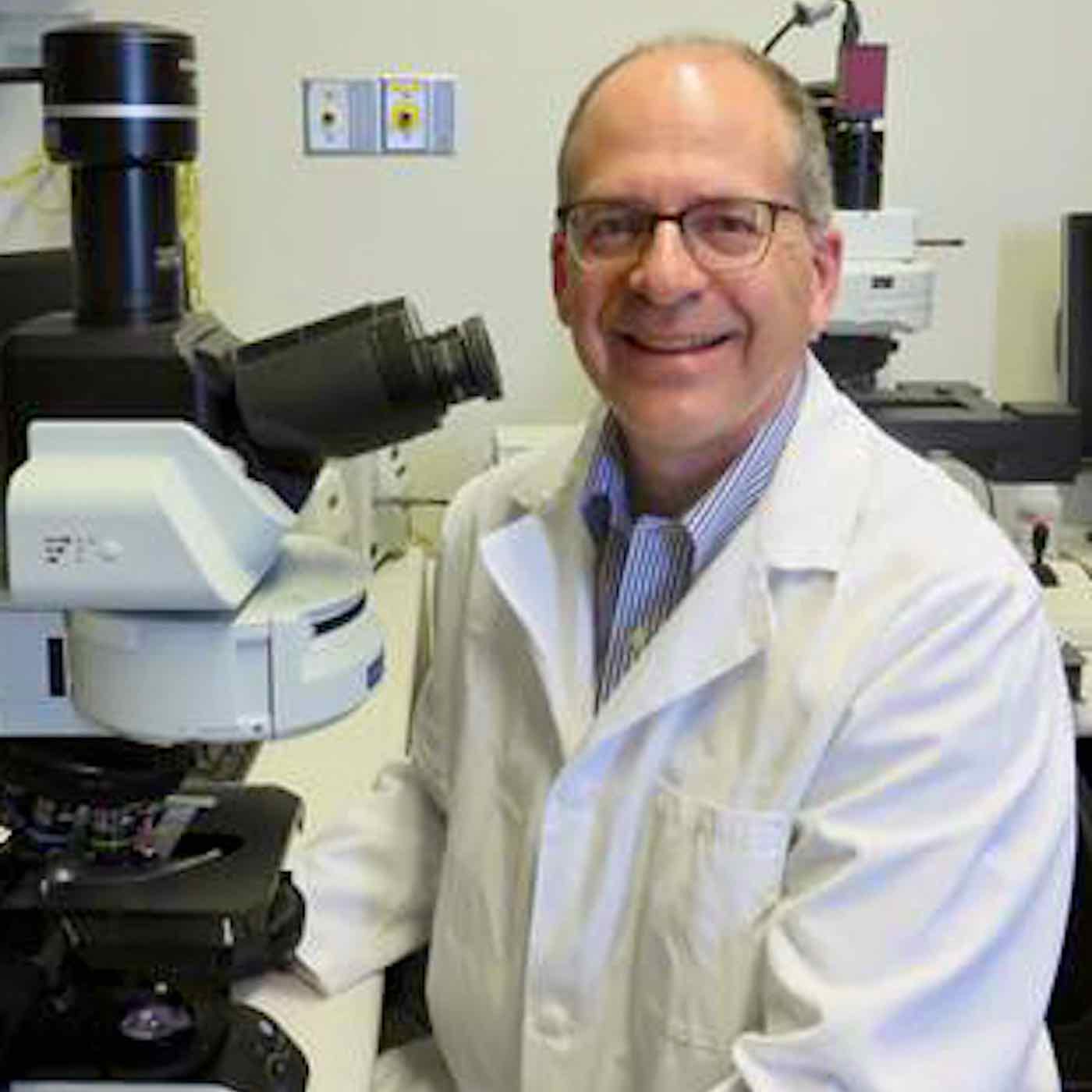
Researchers Under the ScopeMichael Levin and the race to reverse MS neurodegenerationDr Michael Levin is a neuroscientist unravelling the mysteries of nerve degeneration in Multiple Sclerosis patients. He's also Saskatchewan's inaugural MS Clinical Research Chair, whose team recently won a New Frontiers in Research Fund award. "In my lifetime, there's been a dramatic change in how we treat MS," said Levin. "There's a lot of hope when people come into the clinic." But after taking steroids for a number of years, many MS patients still relapse. "It's this kind of slow degenerative kind of nickel and diming of people's function that we wo...
2021-09-2619 min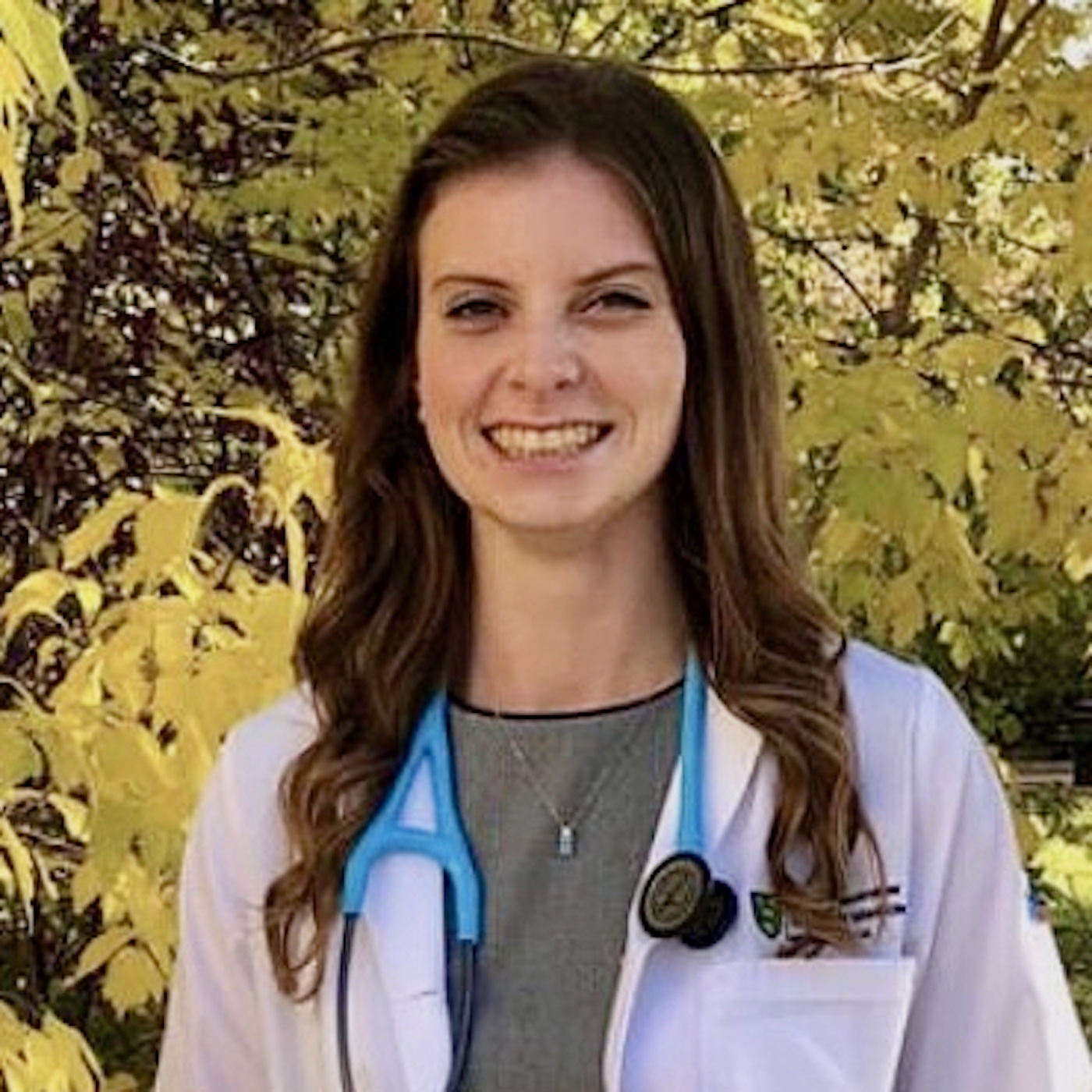
Researchers Under the ScopeWhat I Did Last Summer: Kyra Ives on neuromuscular diseaseOne of the trickiest parts of treating patients with neuromuscular diseases such as Parkinson's and Multiple Sclerosis is figuring out how to keep them active and moving. Fourth-year medical student Kyra Ives dove in, spending one summer studying the effect of deep brain stimulators on patients with Parkinson's disease. She and her team watched participants experience major differences in tasks involving gait and balance. Through that work, Ives also uncovered a number of obstacles for people with both Parkinsons and MS. That's something she and the mobility lab team analyzed more...
2021-09-1219 min
Researchers Under the ScopeWhat I did last summer: Christianne Blais on corticosteroid researchTaking a daily puffer with inhaled corticosteroids is a mainstay for millions of people who have eosinophilic asthma. But doctors don't always know what dosage will be most effective for their patients, in preventing inflammation. Up to now, studies of different corticosteroids have been hit and miss, with a patchwork of different approaches to brochoprovocation, subject groupings, and wash-out times. A study may prove a drug is safe, then neglects to accurately measure the dosage a patient needs. Over the past few summers, Christianne Blais looked at what asthma patients need, to breathe e...
2021-08-2925 min
Researchers Under the ScopeWhat I Did Last Summer: Cuting C-section infections with Belma KamencicOur podcast host, Jen Quesnel, has undergone two Caesarian sections -- lifesaving interventions that deliver babies safely. She's not alone. In Saskatchewan, roughly one quarter of mothers giving birth are doing it via abdominal surgery. More than one in three births in British Columbia are C-sections. After avoiding driving, stairs, and lifting anything heavy for a month or so, most mothers recover smoothly. But some don't. Belma Kamencic spent her past two summers analyzing those with surgical site infections. She then conducted interviews with dozens of mothers with infected i...
2021-08-1516 min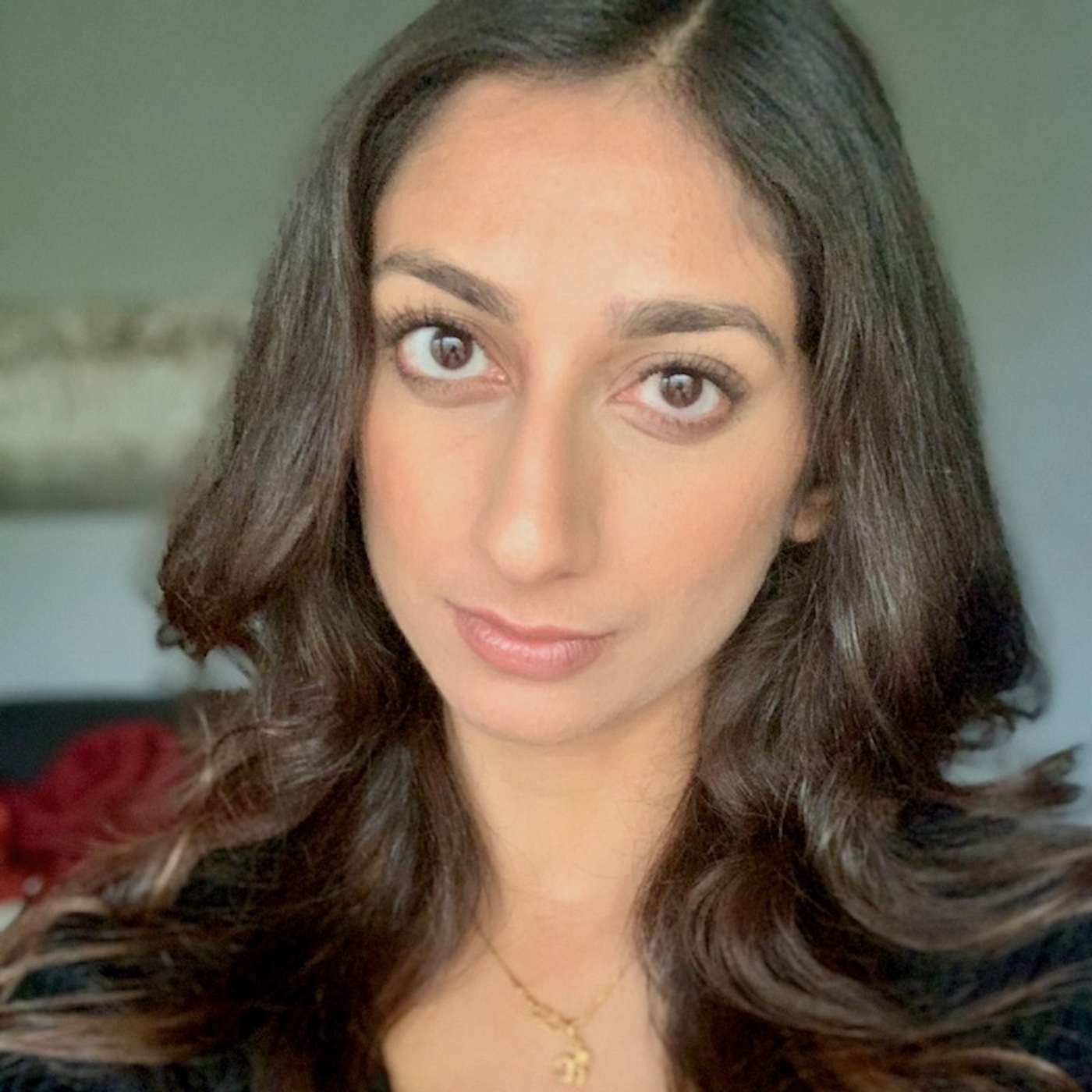
Researchers Under the ScopeWhat I Did Last Summer: Shivani Tauh and End-of-Life CareOne patient Shivani Tauh interviewed had to remove his ventilator tube to speak with her. Another told her it felt 'disingenuous' when able-bodied health care providers looked at his spinal cord injury and assured him 'this will pass'. Shivani Tauh kicks off our undergraduate summer research series in this episode, discussing her work on spinal cord injuries, and how they change a person's outlook, mobility and prognosis. Tauh, who is now entering her fourth year of medical school, has gathered concrete policy suggestions for those whose work deals with medical assistance in dying...
2021-08-0116 min
Researchers Under the ScopePhysician, heal thyself: doctors' mental health suffers during pandemicFor doctors in Saskatchewan, depression and anxiety have skyrocketed during the pandemic. We check in with Dr. Camelia Adams, an associate professor of psychiatry, who's been tracking physicians' mental health during the Covid-19 pandemic. Just one of the 118 physicians she surveyed reported asking for help with mental health issues. That's no surprise to Angie Wiebe, one of the psychologists working with the University of Saskatchewan's Employee Assistance Program. Wiebe said almost everyone she's counselling has experienced emotional distress because of the pandemic. In this episode, she shares warning signs to watch f...
2021-07-1828 min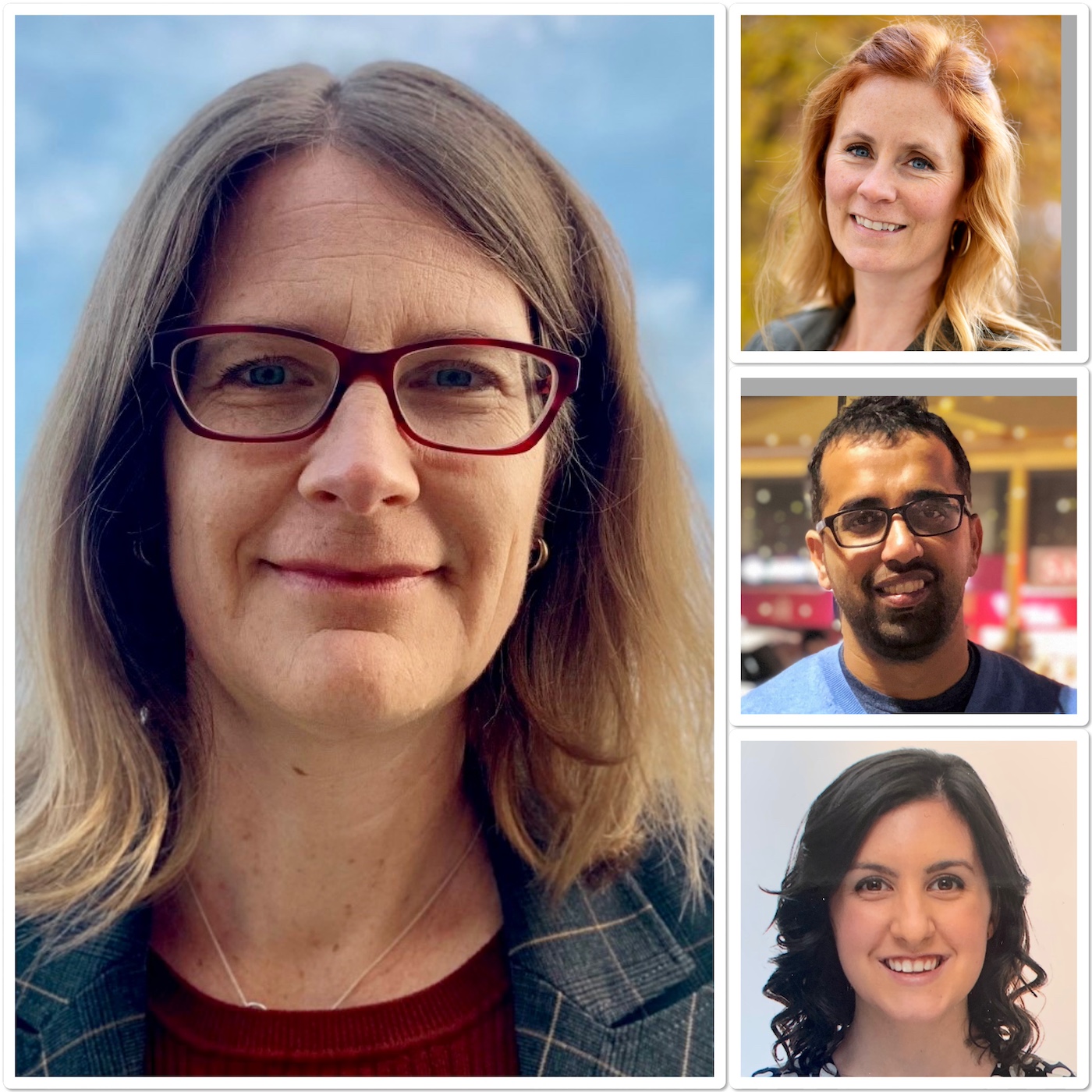
Researchers Under the ScopeA light touch: Katherine Knox on Multiple Sclerosis researchWhen Dr. Katherine Knox first arrived in Saskatchewan more than two decades ago, the province covered one prescription drug for patients with Multiple Sclerosis. Beyond that, patients had to pay for drugs out-of-pocket. Today, Knox said the province reimburses MS patients for 14 different drugs. "MS is an expensive disease on many levels," said Knox, noting Saskatchewan's coverage is now the most favourable for MS patients anywhere in Canada. In Saskatchewan, three in 1,000 people have Multiple Sclerosis — one of the highest incidences of Multiple Sclerosis in the w...
2021-06-2025 min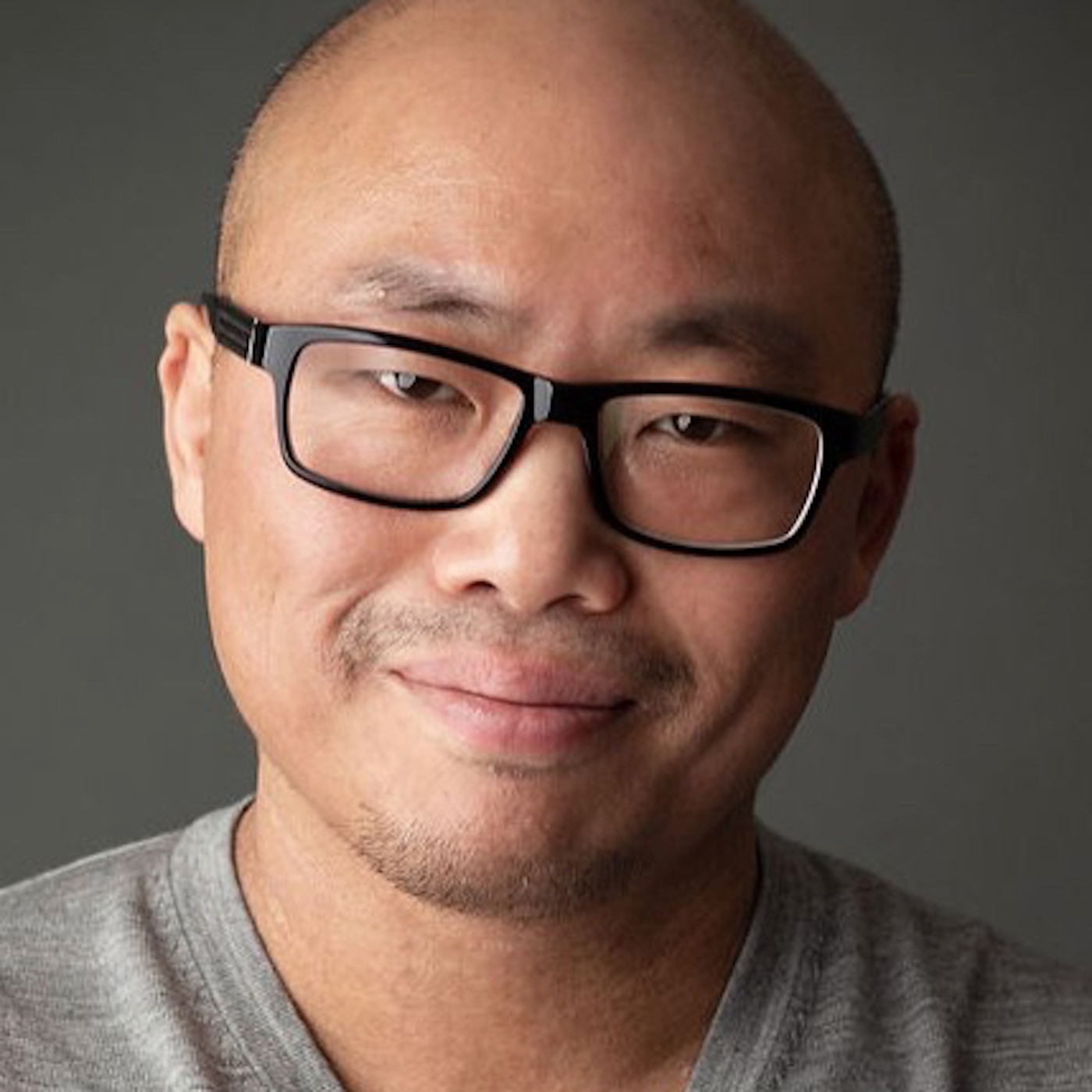
Researchers Under the Scope'In a war zone': Alex Wong looks back at the Covid-19 pandemicDr. Alexander Wong remembers forcing himself to hide his fear last year, as he treated his first Covid-19 patients. "It kind of felt like we were staring down the bottom of a big gun barrel," said Wong, an assistant professor in the College of Medicine's Department of Infectious Diseases. The virus has killed 546 people in Saskatchewan. In this episode, Wong looks at public health, at politics, and at 'really complicated' decision-making during the pandemic, as Regina's critical-care teams fought to save severely ill patients.
2021-06-0624 min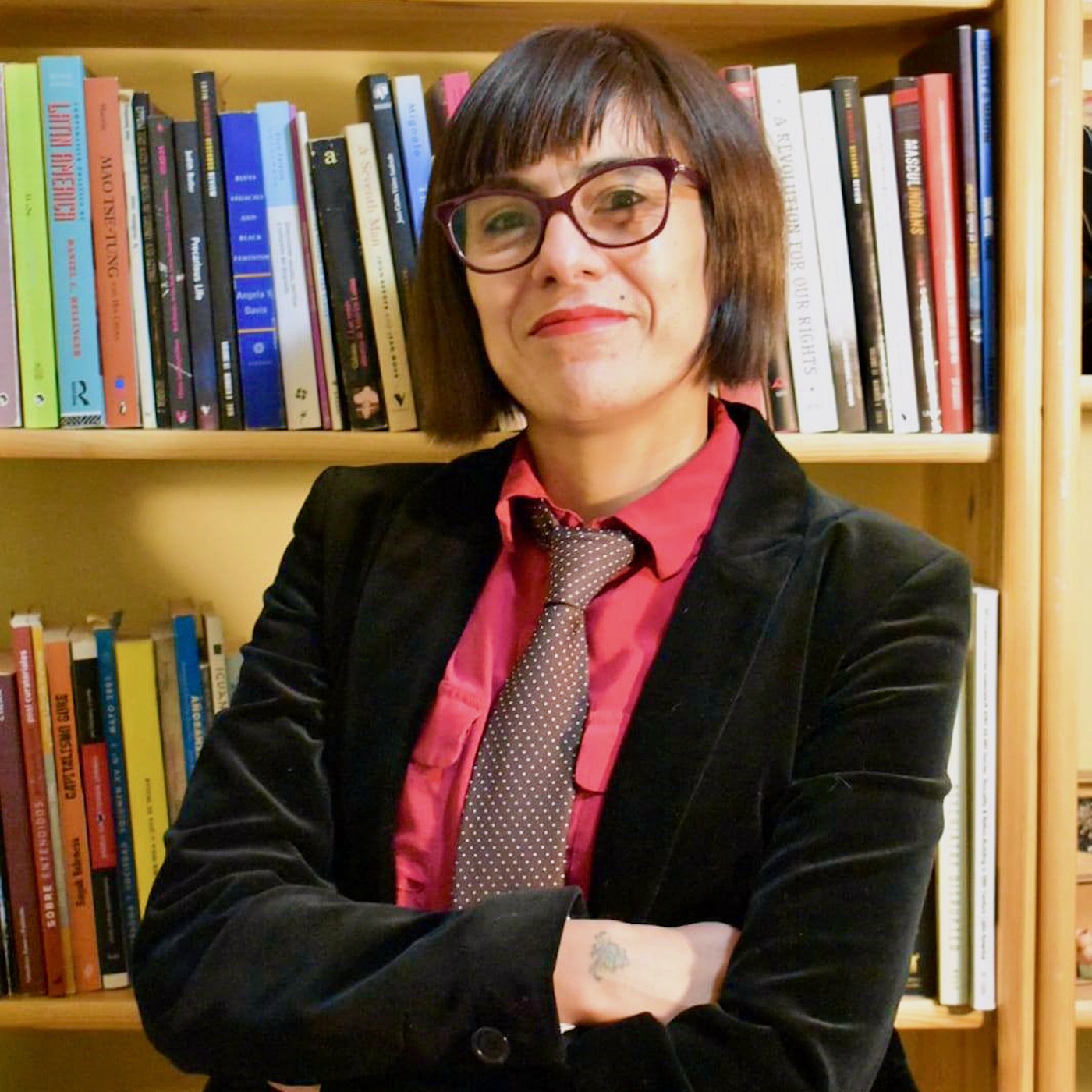
Researchers Under the Scope'Good Troublemaker': Manuela Valle-Castro roots out bias in medicineManuela Valle-Castro remembers growing up in a home where social justice was frequently part of the dinner-table conversation. She spent the first six years of her life in exile, after her family joined thousands of Chileans fleeing Augusto Pinochet's oppressive political regime. Upon her family's return to Chile, she watched her parents and their friends organize and push back, even when dissent could lead to jail time, torture, or death. "It wasn't a very conventional way of growing up," said Valle-Castro, who watched her loved ones document human rights violations, and rally against...
2021-05-2324 min
Researchers Under the ScopeThe inventor: Dr. Ron Geyer harnesses the power of natureDr. Ron Geyer is the man behind the Saskatchewan Therapeutic Antibody Resource, the Advanced Diagnostics Research Laboratory, and the Centre for Biologic Imaging Research and Development. But when the biochemist and pathologist began university, he was more interested in improving his downhill race times. "I was very into skiing," Geyer said, recalling his experiments with different waxes and techniques, which set the stage for a lifetime of tinkering. After being sidelined by a knee injury. Geyer turned to molecular biology and organic chemistry, developing a deep fascination with the building blocks of life.
2021-05-0919 min
Researchers Under the Scope"It made all the difference": a patient perspective on research, with Lois Miller"The medication that I'm taking today would not have happened if we weren't doing this research 30 years ago," said Lois Miller. In this episode, she offers a patient's view of research, and how it can change lives. Miller is 52. Once again she's able to walk, to work, and to live a relatively normal life five years after her diagnosis with multiple sclerosis. But that didn't happen overnight, nor was it easy. Miller initially had 'incredibly painful' side effects with the drugs her neurologist prescribed. From welts and b...
2021-04-2516 min
Researchers Under the ScopeMaking the cut: Dr. Adam Baxter-Jones on teen athletes and growthAs a young man finishing his biology degree, Adam Baxter-Jones (PhD) was decidedly more interested in being a punk than a professor. "I was far more interested in things like music and fashion than I ever was in academia," he said. But Baxter-Jones needed a job, and eventually found one testing the lung function of hospital patients. Then, he found himself measuring aerobic fitness for up-and-coming teenage swimmers, gymnasts, soccer players and tennis players. As he earned his PhD in medical sciences, he observed growth variations in teen athletes that led to...
2021-04-1120 min
Researchers Under the ScopeWa sati wa nhenha: Women strengthening healthIn Mozambique, the Xitswa phrase, "wa sati wa nhenha" means "strong women" or "women's strength". Jessie Forsyth and Nazeem Muhajarine are two of the University of Saskatchewan researchers learning how to build on that strength in rural and remote communities. And they've done so during a pandemic. In this episode, hear why Covid-19 did not stop the Mozambique-Canada Maternal Health project from opening several brand-new rural medical facilities this year. Nurses also managed to keep upgrading their skills with training in reproductive and obstetric services. Alongside the bricks-and-mortar buildings, there's also m...
2021-03-2819 min
Researchers Under the ScopeA one-year pandemic checkup, with Preston Smith, Dean of MedicineOne year ago, Dr. Preston Smith remembers watching the coronavirus inch closer and closer to the University of Saskatchewan. "It felt like being in the emergency room and hearing the police and ambulances had been called to an accident. You knew something was coming," he said. By mid-March 2020, nearly every aspect of teaching and research was shutting down at the medical college he oversees. "Experiments were interrupted. There was an enormous loss to our research," said Smith. Crediting 'amazing teamwork' for moving coursework online and getting biomedical researchers back into their...
2021-03-1420 min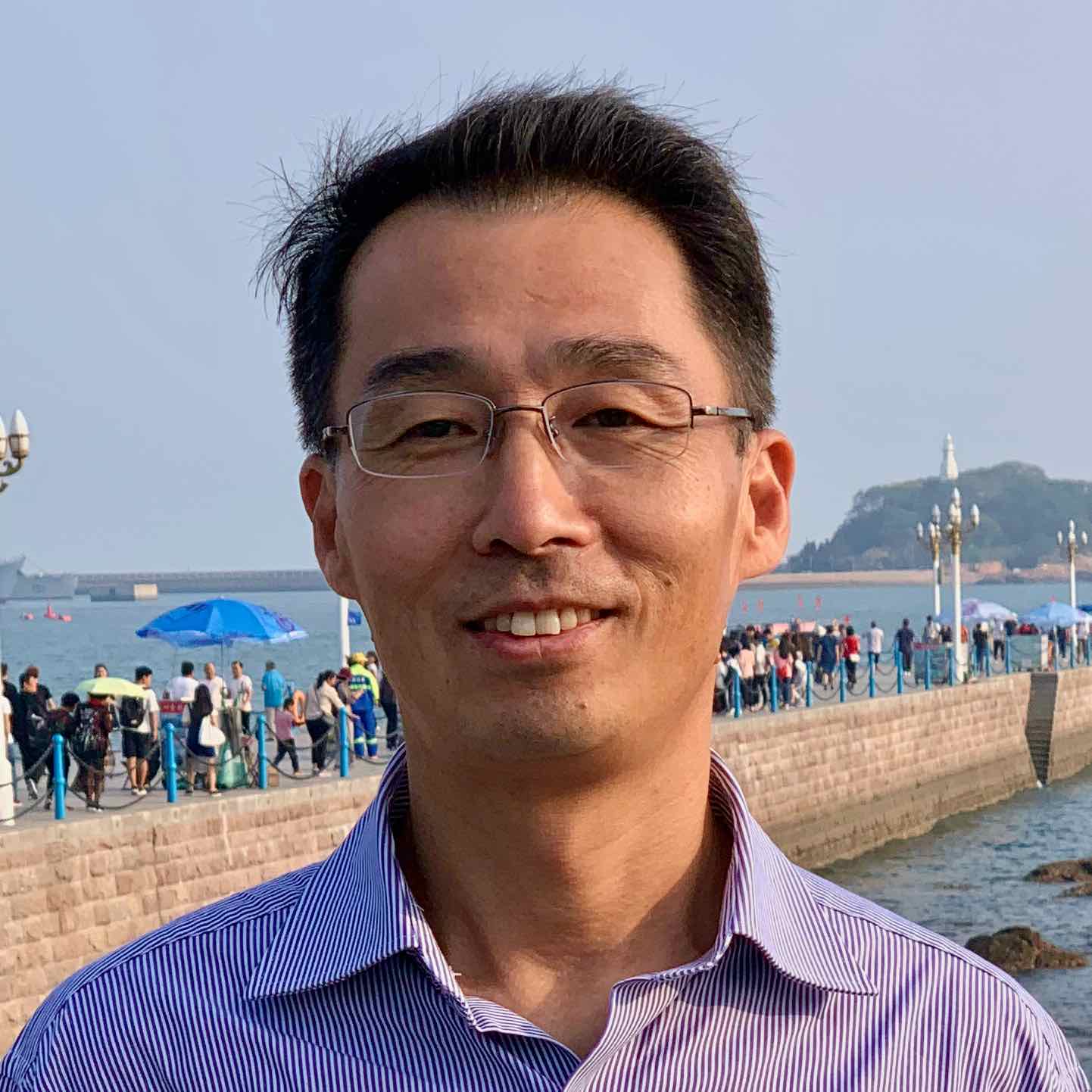
Researchers Under the ScopeInside the black box: Dr. Changting Xiao on the role of lipoproteins in chronic diseaseTo crack the causes of metabolic disease, Changting Xiao (PhD) is peering into the "black box" of the human gut. As a boy, Xiao frequently ran homemade experiments, trying to figure out how systems work. Over the decades that followed, he observed an 'epidemic' increase in diabetes, obesity, strokes and heart disease. In this episode, the biomedical researcher explains why he recently moved to Saskatchewan, and his fascination with the human gut, and its role in creating 'bad blood fats'. "The gut is often overlooked and often under-studied," Xiao said. "The gut is...
2021-02-2816 min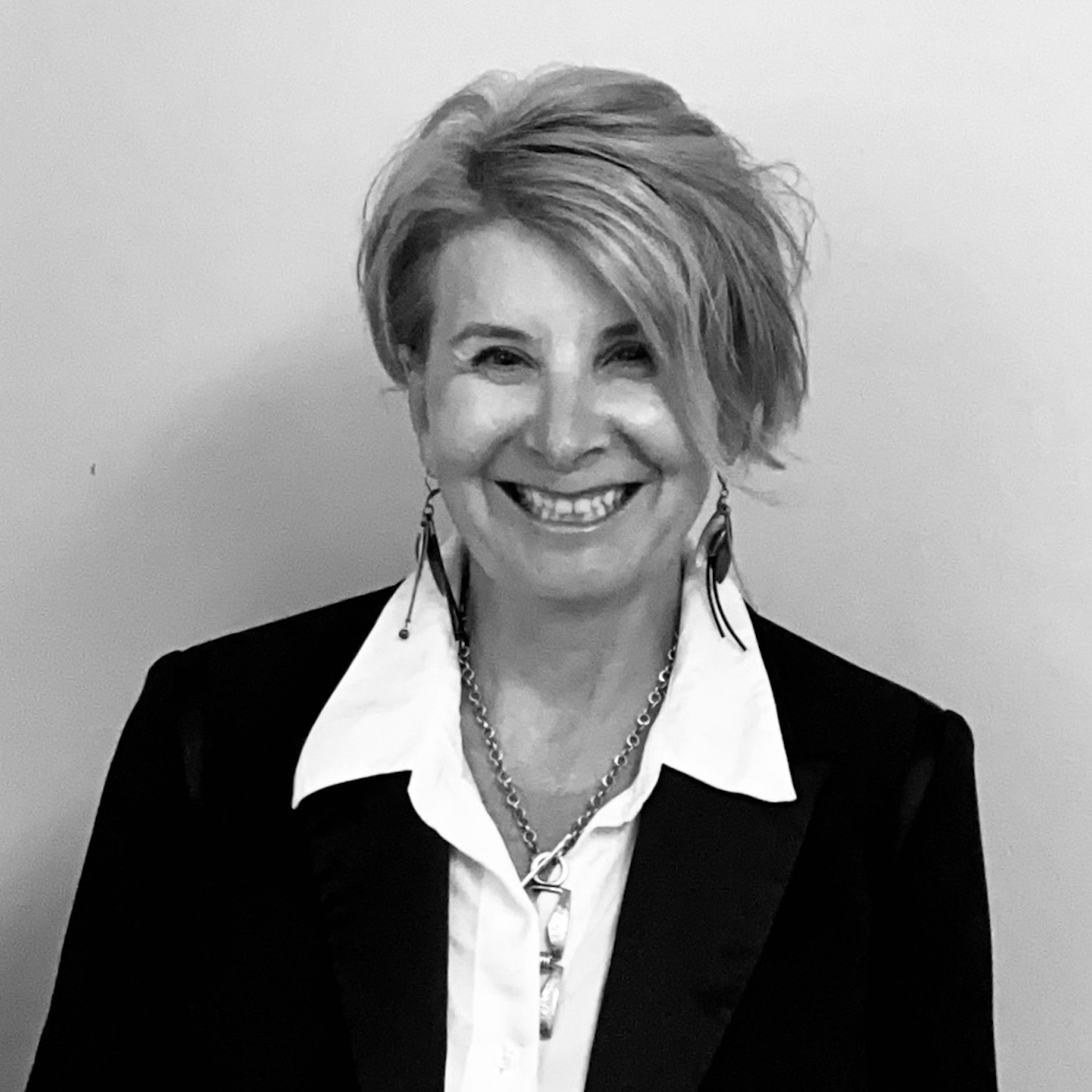
Researchers Under the ScopeMedical anthropologist Caroline Tait, on transplant medicine"Western medicine can give you the heart of another person, but no meaningful direction on how to lead a good life with that heart," said Dr. Caroline Tait. That's the dilemma many Indigenous people face, as disproportionately early deaths and chronic disease boost the need for organ transplants. "Our whole public education if you look at it, is all about convincing people to sign their donor cards," said Tait, a medical anthropologist and psychiatry professor at the University of Saskatchewan. "We really don't do any public health education at all around being a r...
2021-02-1426 min
Researchers Under the ScopeThe burden of lung disease and lightening it, with Dr. Erika PenzRespiratory disease now accounts for one in four hospital admissions, with lung cancer killing more patients than any other cancer. As both a respirologist and a health economist, Dr. Erika Penz (MD, PhD) knows Canadians spend a staggering amount of money treating lung diseases and cancer -- conditions that can be prevented. That's why, early on, Penz chose to put respiratory disease in her crosshairs. "That's actually why I get excited," said Penz. "The more we can understand and reduce these risks.... the more we can reduce the burden on both caregivers and...
2021-01-3115 min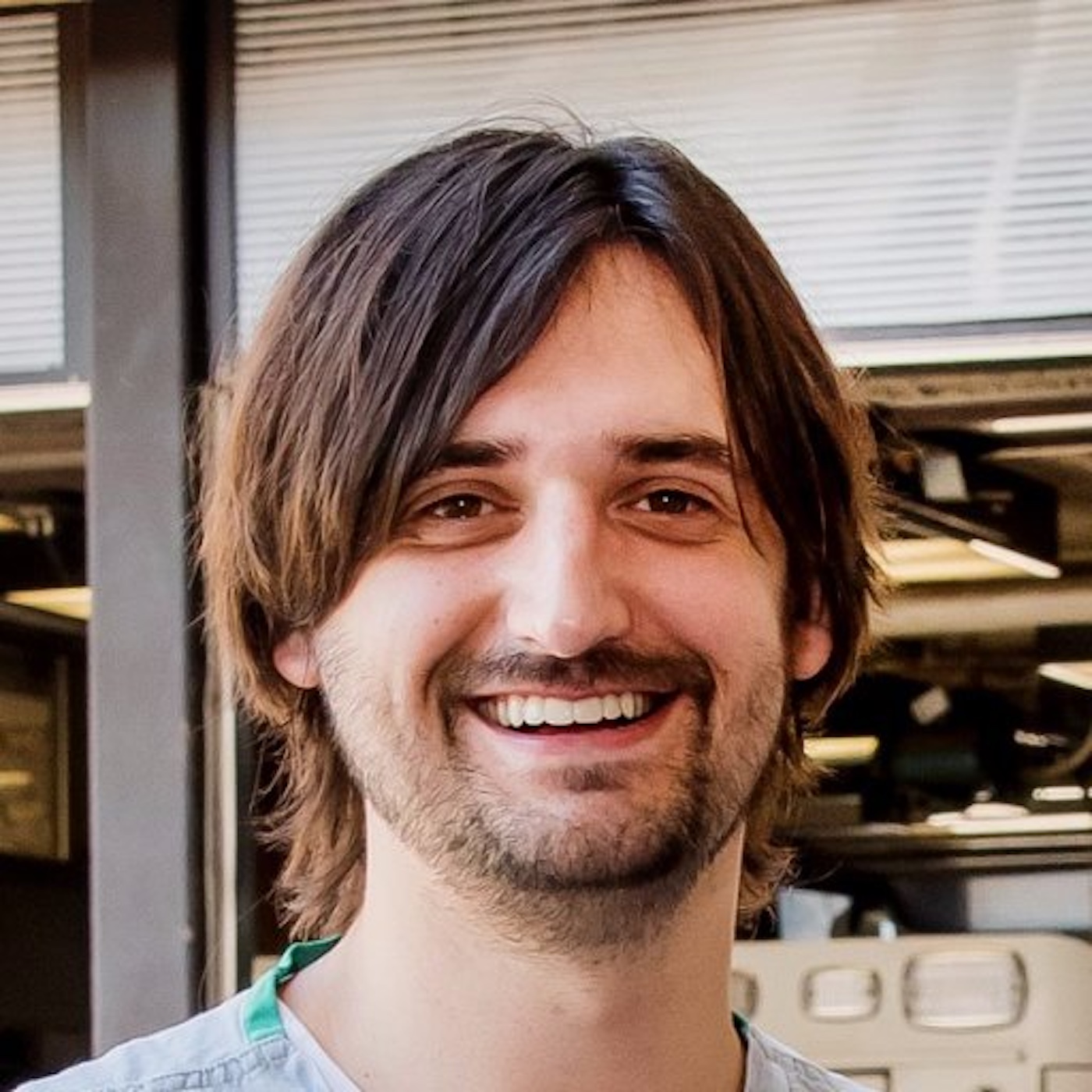
Researchers Under the ScopeDo serious doctors tweet? Brent Thoma on digital scholarshipWhether it's a blog, a podcast, a wiki, a tweet, or an infographic, a growing number of doctors now turn online when they need answers. For the past five years, Dr. Brent Thoma has led research supporting the use of free, open-access, and high-quality resources for medical education. "I think we're really elevating our game in medical education, because these resources are available from such exceptional educators and researchers," said Thoma, who specializes in emergency medicine and trauma. He's also the CEO and founder of CanadiEM.org. In this episode, Thoma lays out t...
2021-01-1716 min
Researchers Under the ScopeIndigenous wellness through "slow" research, with Alexandra KingLike the "slow food" movement, Dr. Alexandra King promotes "slow research" when it comes to Indigenous people's health and wellness. As a First Nations physician, and the Cameco Chair in Indigenous Health and Wellness at the University of Saskatchewan, King wants Indigenous elders and people with lived experience to lead and shape more health research. "What does knowledge translation look like if it's being done on a very personal level?" asked King. "We're now finding new and interesting ways of going about this." When interviewing people who've experienced chronic conditions, homelessness, addictions, or a...
2021-01-0323 min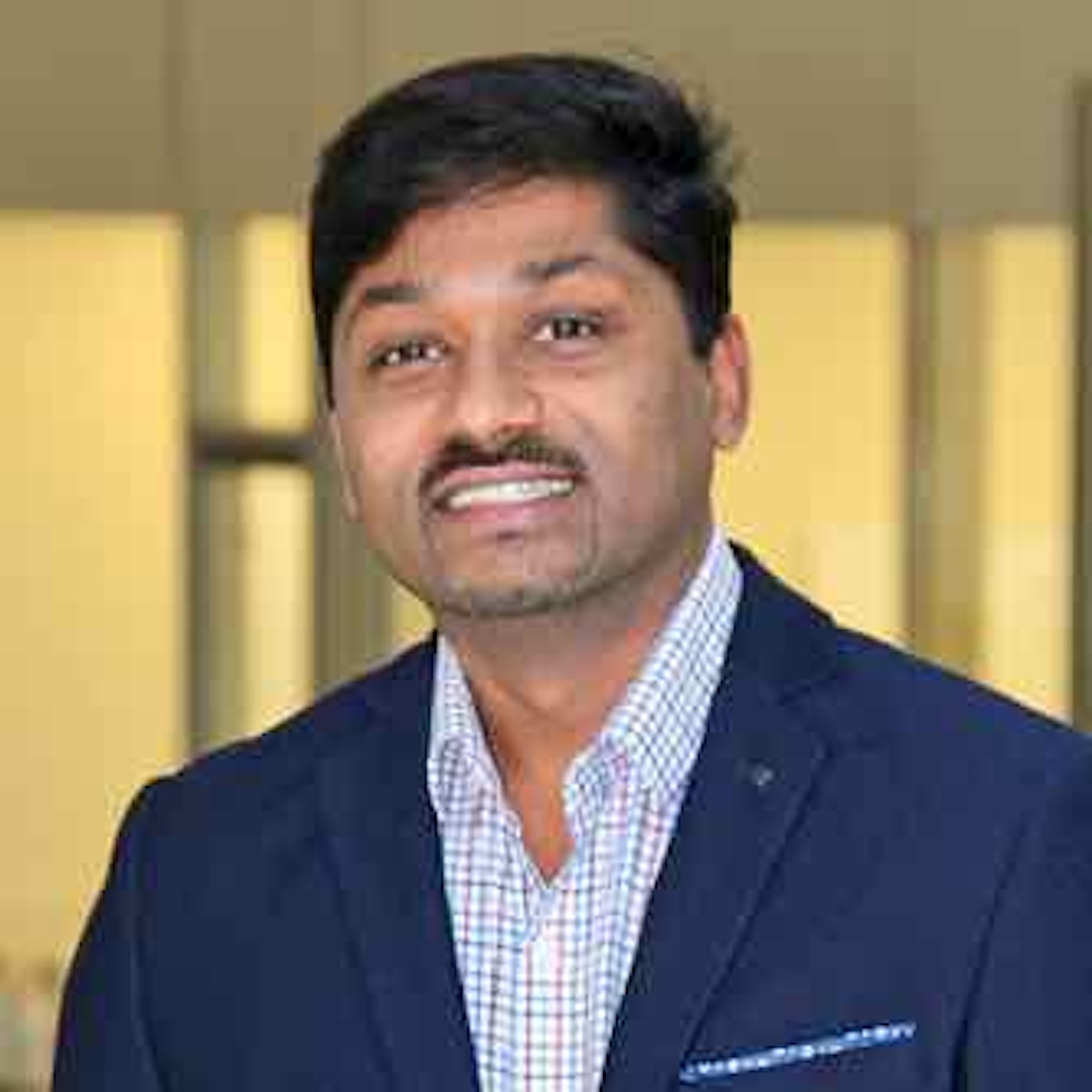
Researchers Under the ScopeUnderstanding the way nerves talk to tumours: Dr. Anand KrishnanEver wonder how tumours spread? For Dr. Anand Krishnan, finding effective anti-cancer therapies means finding a way to decode the language tumours use to communicate with nerves. "What we are trying to do is cut the lines of feeding from the nerves to the tumours," Krishnan said. In this episode, he explains why applying the principles of cancer biology to neuroscience may lead to more targeted anti-cancer therapy, even regenerating damaged nerves.
2020-12-2013 min
Researchers Under the ScopeRemodelling Project: Dr. Dave Cooper and the Mysteries Inside our BonesA self-described computer nerd, Dave Cooper was always fascinated by the way technology could push fundamental science research forward. After bone density scans became commonplace in the 1980s, Cooper watched imaging technology and forensic science begin to advance. Today, his laboratory uses the Canadian Light Source to take detailed snapshots of bones evolving and changing in real time, honing treatments and improving outcomes for patients with osteoporosis. "People are living longer, and part of living longer and healthier lives will be protecting the skeleton," said Cooper, who says unraveling the mysteries inside bones and their evolution over time can have ramif...
2020-12-0617 min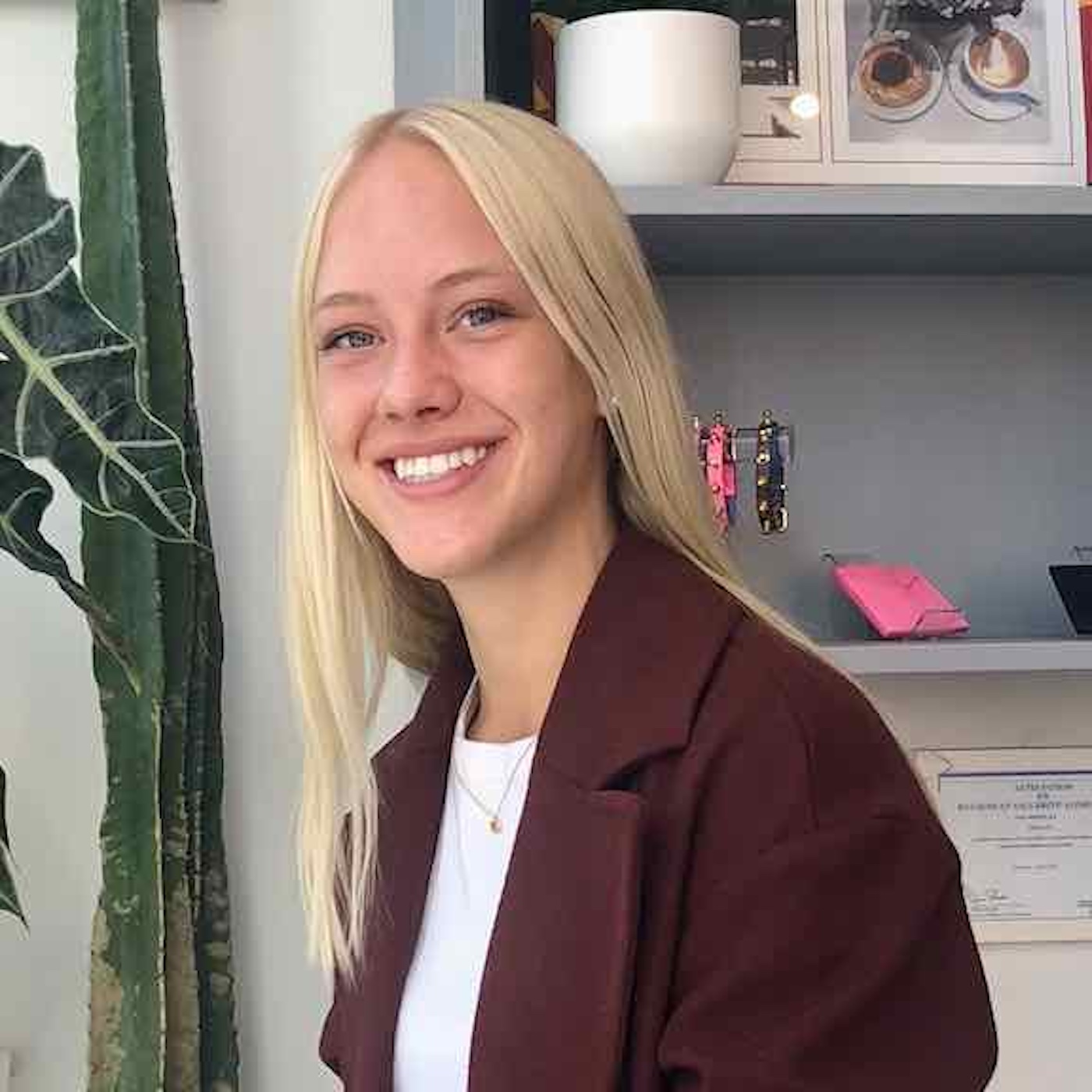
Researchers Under the Scope"My disease does not define me": Emma LinsleyEmma Linsley managed to power through fatigue and weight loss, but when her joints started to swell, she and her family knew something was wrong. "I thought I would have to quit all my sports, and that I wouldn't be able to do all the things I loved," she said. "This is something that's going to play a role in the rest of my life." In this episode, we look at research from her perspective, as a teenager and young adult navigating the medical system as a patient with a chronic illness. "I...
2020-11-2215 min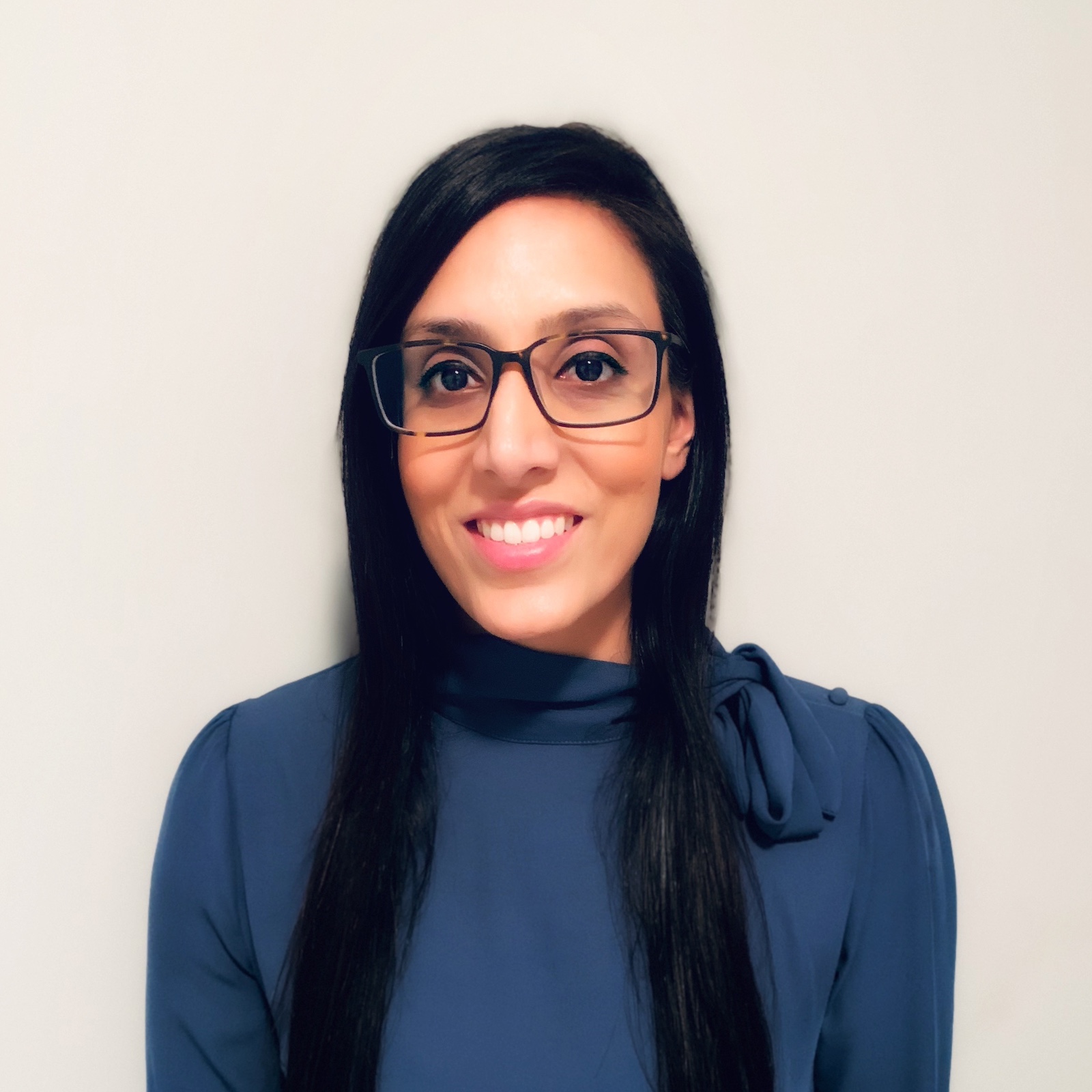
Researchers Under the ScopeWhy kids react differently to the coronavirus: Dr Rupeena PurewalRupeena Purewal (MD) says when the coronavirus infects children, their bodies react differently than those of adults. She's leading the only Saskatchewan-based clinical trials of human convalescent plasma on children sick enough to be admitted to hospital. So far, there aren't many children with Covid-19 in hospital, but with the cold weather come higher infection rates, and the risk of other serious respiratory infections. And, as she learns more about the coronavirus' asymptomatic spread, Dr. Purewal warns parents they cannot afford to keep skipping routine vaccinations or check-ups for their kids.
2020-11-0819 min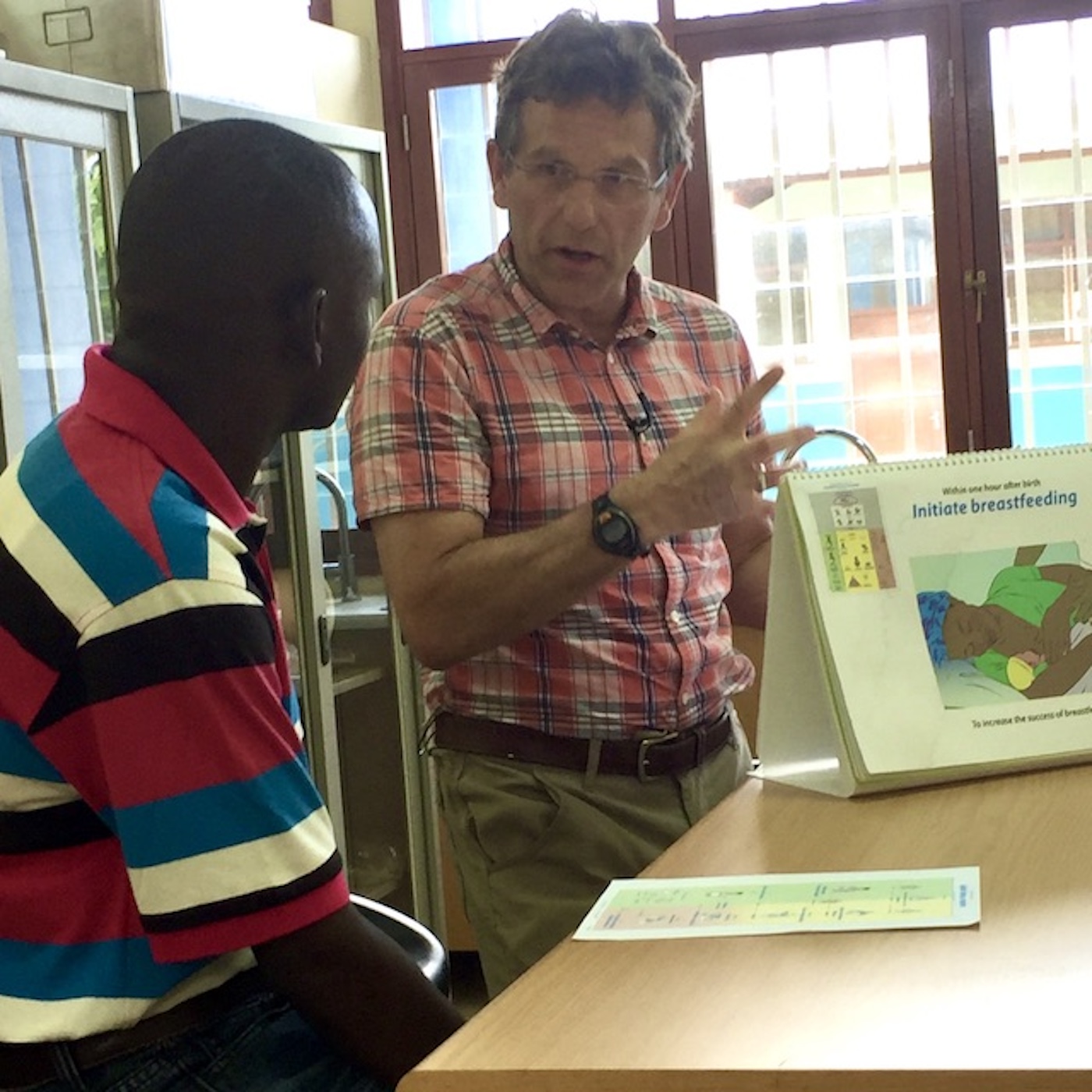
Researchers Under the ScopeMotorcycles for Maternal Care: Dr. Ron Siemens in Northern MozambiqueAfter raising five children of his own, Ron Siemens (MD) brings an empathetic, pragmatic approach to pediatrics. Whether it's in Saskatoon or in Mozambique, his goal is to make life better for infants, children and their families. "You see all the obstacles parents have," said Siemens. From road-testing motorcycle trailers for expectant mothers in Mozambique to creating self-sustaining chicken farms, Siemens explains what fuels his passion for healthy families and communities.
2020-10-2522 min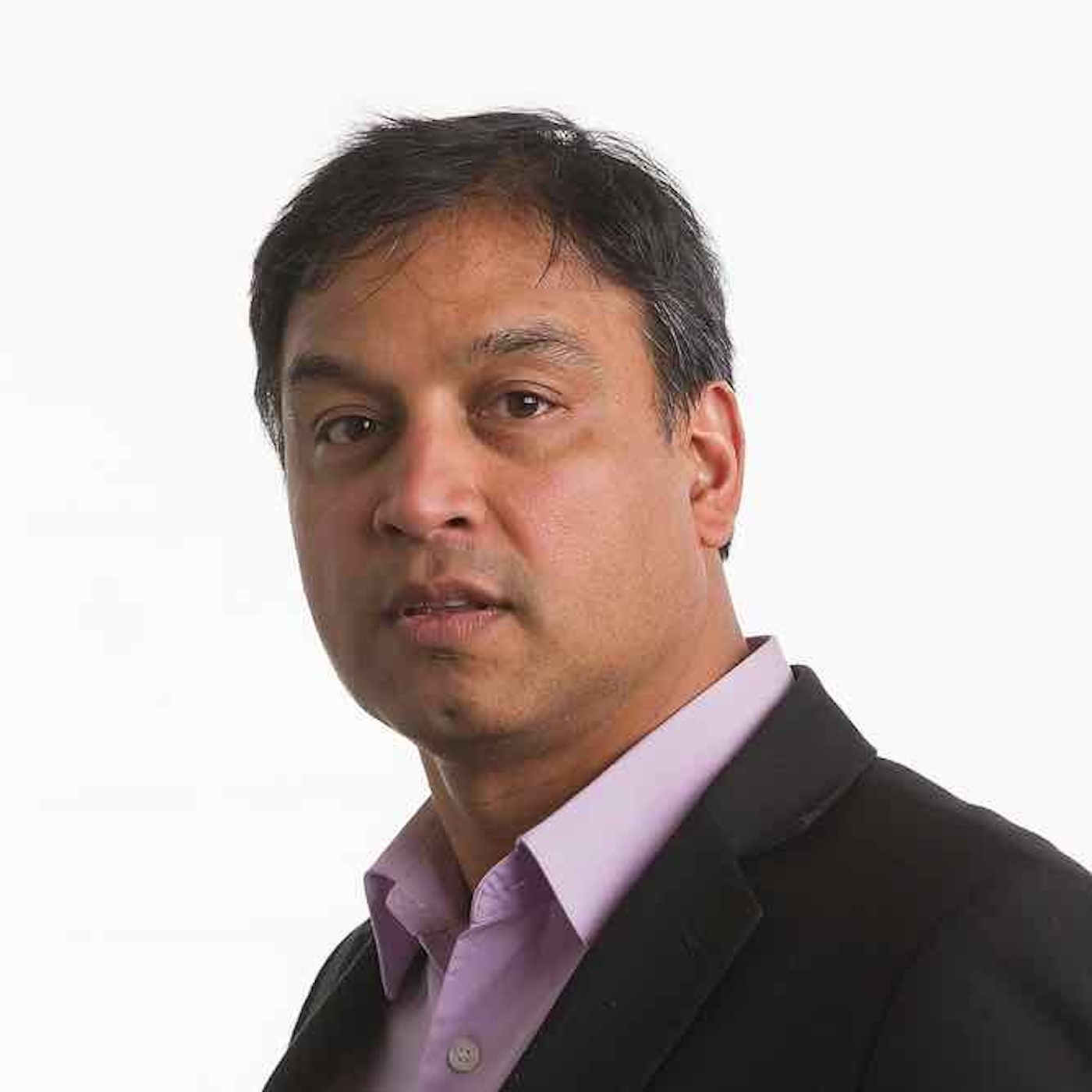
Researchers Under the ScopeHis father's son: Nazeem Muhajarine on Public Health and Human BehaviourThe way people perceive threats in a pandemic affects the spread of Covid-19, according to social epidemiologist Nazeem Muhajarine (PhD). Since he was a boy, he's studied the way government interventions really work, from the perspective of citizens who have to live with them. In this episode, Muhajarine explains why he left medical school for a career in public health research, why politicians' words and actions can change infection rates, and why he strives to treat every person he meets in his research with dignity.
2020-10-1126 min
Researchers Under the ScopeDr. Sarah Donkers: Keeping Brains On During a Pandemic LockdownSarah Donkers is a physiotherapist and specialist in neurology who had to rethink everything when the Covid-19 lockdown slammed doors shut this spring. Donkers couldn't stop thinking about her patients, and the care they were now missing. As she tells host Jen Quesnel, her team went on to design online movement and expert masterclasses for more than 800 Saskatchewan people with MS, with spinal cord injuries, and with Parkinson's disease. "It was two-way learning," Donkers said, as she documented the effect of the advice and emotional connections her patients made with each other during...
2020-09-2715 min
Researchers Under the ScopeJenny-Lee Thomassin uncovers molecular secrets hiding inside tiny, drug-resistant bacteriaThey're two millionths of a metre, and they can be found outside, as well as on your skin, even inside your nose, throat, and gut. The World Health Organization calls Klebsiella pneumoniae a major concern, because this tiny bacteria can cause deadly infections. Molecular microbiologist Jenny-Lee Thomassin recently arrived at the University of Saskatchewan to study one of the most drug-resistant strains of Klebsiella pneumoniae. "Bacteria are constantly changing," said Thomassin. "What seems to be emerging in some places are crosses between classic and hypervirulent strains, where antibiotic-resistant bacterium can make a healthy p...
2020-09-1314 min
Researchers Under the Scope"Like water-wings": how Kerry Lavender gave mice human lungs, to test coronavirus therapiesThey look like ordinary black mice with pink whiskers -- and small furry water-wings. To test coronavirus therapies, viral immunologist Kerry Lavender is using a grant of $267,500 to create designer laboratory mice. She's one of the only people in the world who can give each mouse a human immune system, and its own pair of human lungs.
2020-08-3020 min
Researchers Under the ScopeDr. Cory Neudorf looks at what takes priority and what gets cut, during an unprecedented public health crisisAfter winning grants of just over $240,000, Dr. Cory Neudorf is sharpening the blurry picture Canadians currently have of public health spending during the Covid-19 pandemic. He calls this an "unprecedented" crisis for both the medical system and politicians, one that lays bare cracks and divisions across Canadian society.
2020-08-1623 min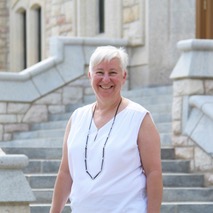
Researchers Under the ScopeSuppressing the Coronavirus: Dr. Joyce WilsonJoyce Wilson leads the team of virologists and geneticists searching for antiviral drugs we can repurpose to stop COVID-19 infections from spreading. Using a $449,000 grant from the Canadian Institutes of Health Research, Wilson and her team use genomic tools to identify pathways the virus uses as it hijacks cells in the human body. As she tells host Jen Quesnel, from there her team will narrow down antiviral therapeutics that slow or inhibit COVID-19 infections.
2020-08-0213 min
Researchers Under the ScopeWhat happens in the lab that's hunting for a COVID-19 vaccine in Saskatchewan, with Darryl FalzaranoAt first, Darryl Falzarano was unenthusiastic about COVID-19. He had hoped it would be contained early on. But... it wasn't. And now Falzarano's work days are dedicated to COVID-19 as he leads a research team at the University of Saskatchewan's Vaccine and Infectious Disease Organization-International Vaccine Centre. Chelsea Laskowski interviews Falzarano about his mental pivot, and what happens in the next few months.
2020-07-1909 min
Researchers Under the ScopePreparing for when the COVID-19 surge hits hospitals... and responding when it doesn't, with Gary GrootWhile the world has been in what can sometimes feel like chaos, a few people out there are bringing order into our lives. Dr. Gary Groot is bringing order into healthcare, and he's adapting as the COVID-19 pandemic evolves in the prairie province of Saskatchewan. Interviewer Chelsea Laskowski speaks with Groot about measuring what's happening, what needs to happen, and the level of pressure he faces to get it right.
2020-07-0511 min
Researchers Under the ScopeDrilling down on how Covid-19 affects vulnerable people with Donna GoodridgeEmergency room visits plummeted in Saskatchewan when COVID-19 hit. Why? That's what Donna Goodridge wants to find out. She is doing a study that is crucial to understanding what's happening to groups of people who we haven't heard much from during the COVID-19 pandemic -- people living in lower income housing. In a physical distancing interview with Chelsea Laskowski, Goodridge shares her insights on long-term care homes, palliative care and what scares her about the residents' experience during COVID-19.
2020-06-2110 min
Researchers Under the ScopeEric Sy talks about hitting COVID-19 with Hydroxychloroquine, Remdesivir and blood plasmaEric Sy's greatest passion is looking after patients and trying to get them better. COVID-19 is stumping so many in the medical field. But Sy and so many others are working hard to find treatment methods to alleviate COVID's toll on patients around the world. Interviewer Chelsea Laskowski gets Eric Sy on Skype and they talk Trump, blood plasma, and why Sy is approaching everything with extreme caution right now. Recorded on May 5, 2020.
2020-06-0710 min
Researchers Under the ScopeTrailer: Researchers Under the ScopeWelcome one, welcome all. At Researchers Under the Scope, you will get to know what amps up the researchers at the University of Saskatchewan College of Medicine. In mid-2020, they are dealing with COVID-19 in so many different ways: extracting blood from COVID-19 patients, planning a province's hospital response to a pandemic, asking residents why they're avoiding hospitals even when they face potentially fatal crises. And they're just getting started. Listen in starting June 7, 2020.
2020-05-1301 min
The Bloc Party PodcastEpisode 18 - Do Your GooglesWelcome To The Bloc!! This week 80 T, Ray Genius and KB do a break down of “Tha Carter V”, AND play a lot of Lil Wayne music, but it’s important to the subject; Facebook and Twitter are definitely the police and fake news is turning a lot of y’all in to fuckin idiots. Also, for some reason, we discussed a lot of local food on this episode (Shoutout to "The Chillee Bean"). Oh, and we also gon tell y’all why T.I. didn’t say shit about Texarkana and why it wouldn’t mean shit if he did. Tune In...
2018-10-091h 33